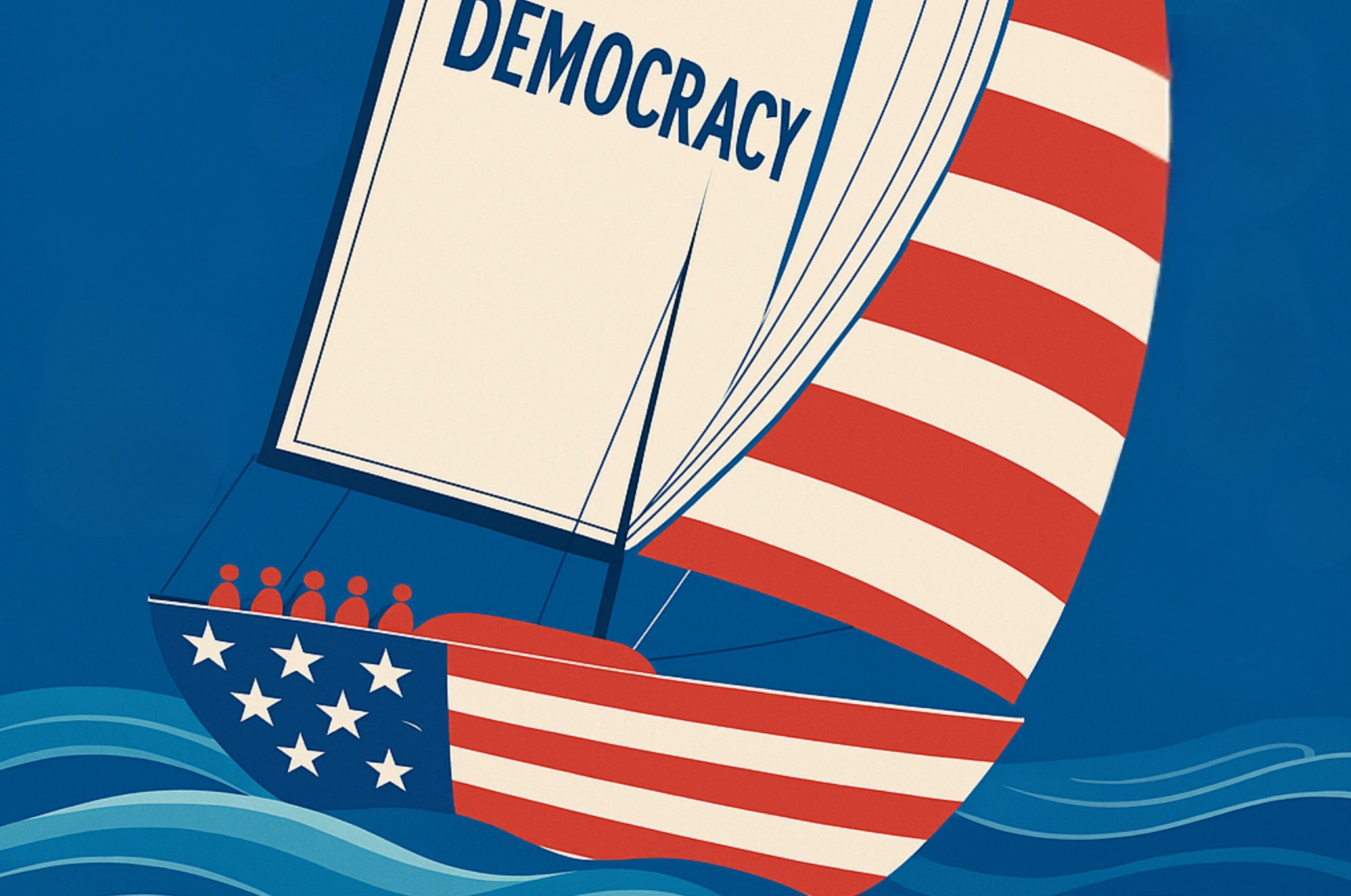
Can Washington Still Champion Democracy Abroad?
The Exhaustion of Democracy Promotion

The Exhaustion of Democracy Promotion
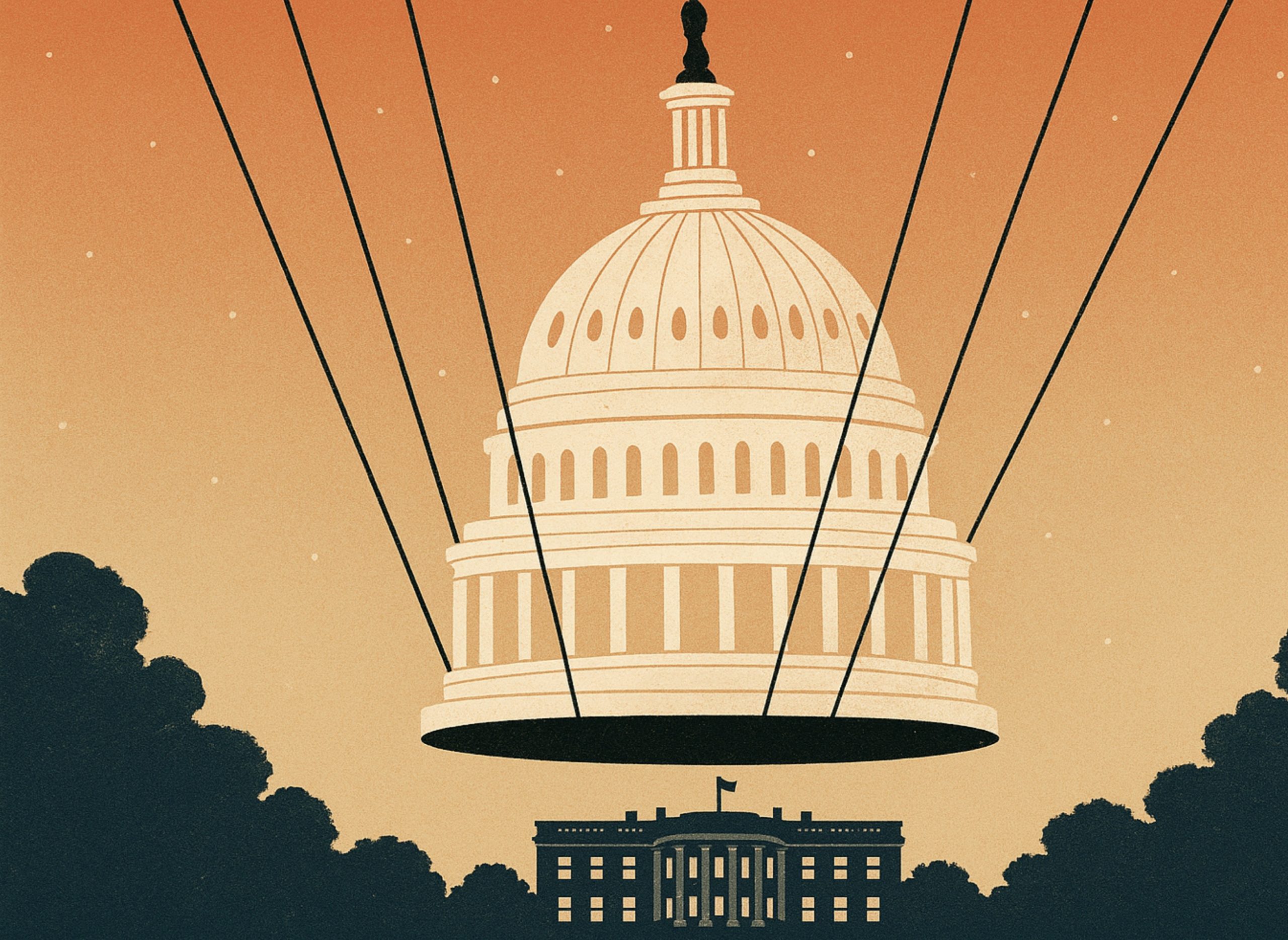
The Jacksonian Doctrine

The Wilsonian Mission Never Ends

A Hamiltonian Approach to Power and Foreign Policy

How Jeffersonians See Foreign Burdens?

U.S. Foreign Policy as a Debate Without End
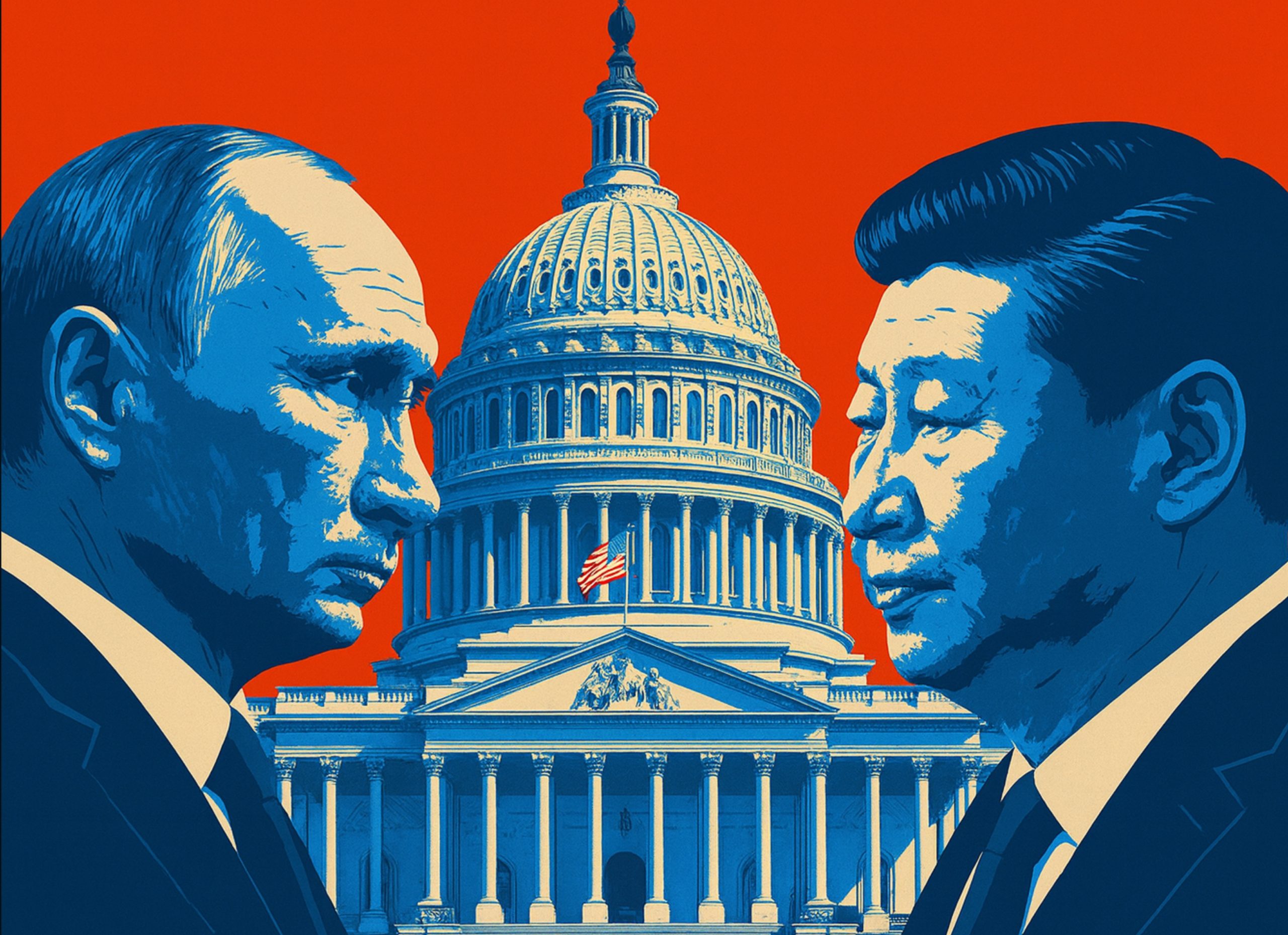
Why Putin and Xi Need Each Other And How the U.S. Should Respond
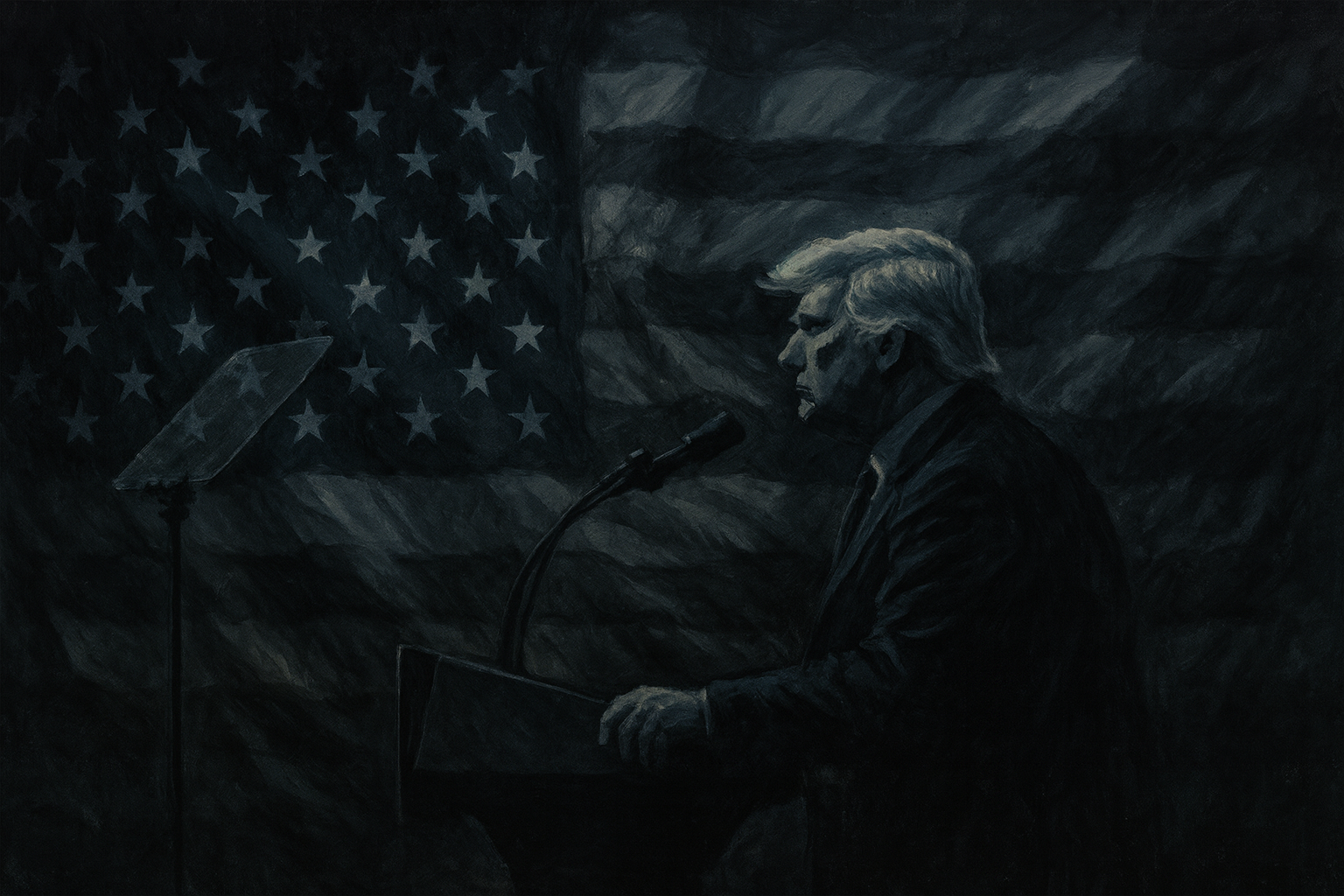
Trump’s War on Norms
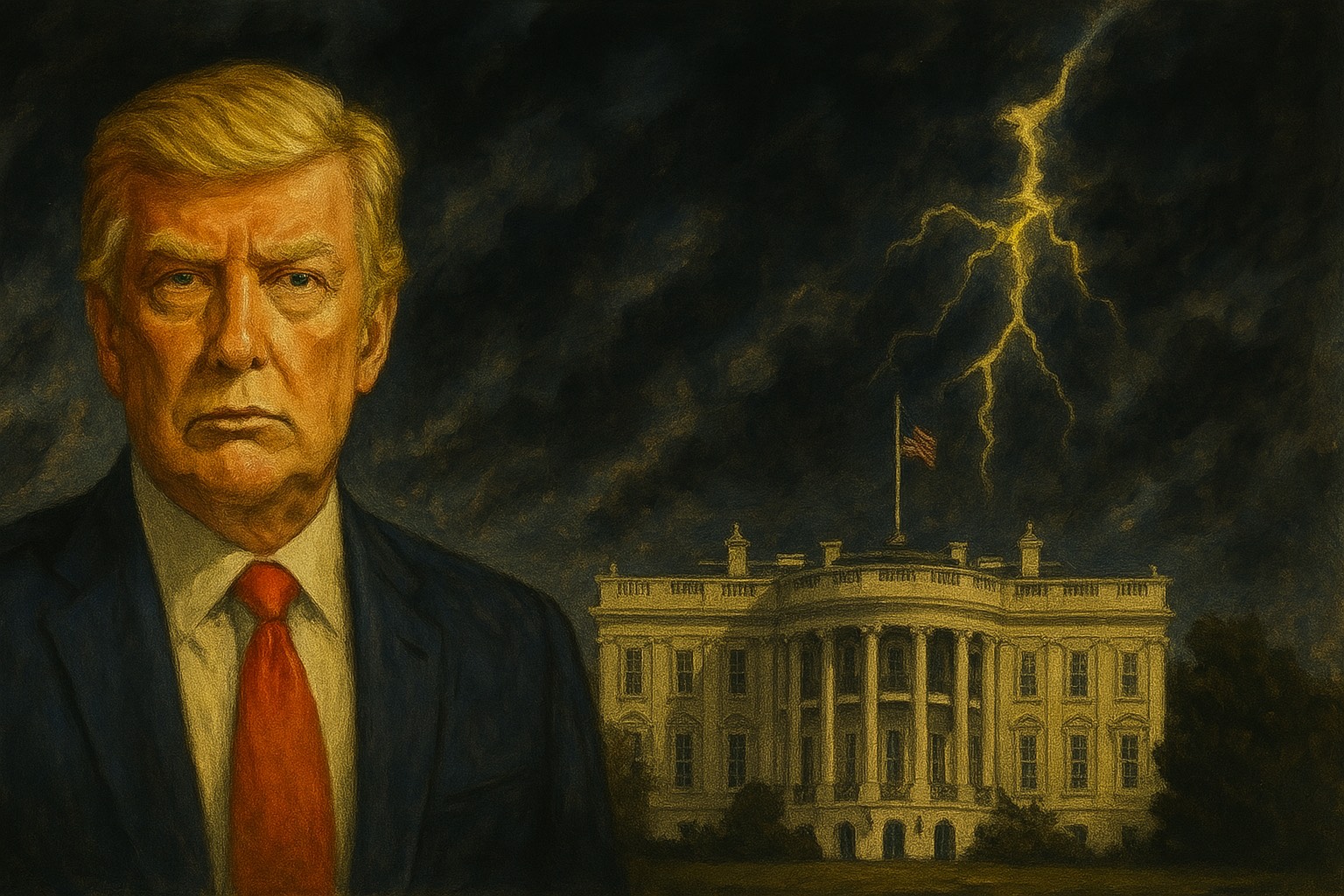
How the United States Became the World’s Most Dangerous Example?

What is the Ideal American Foreign Policy in the Multipolar World?
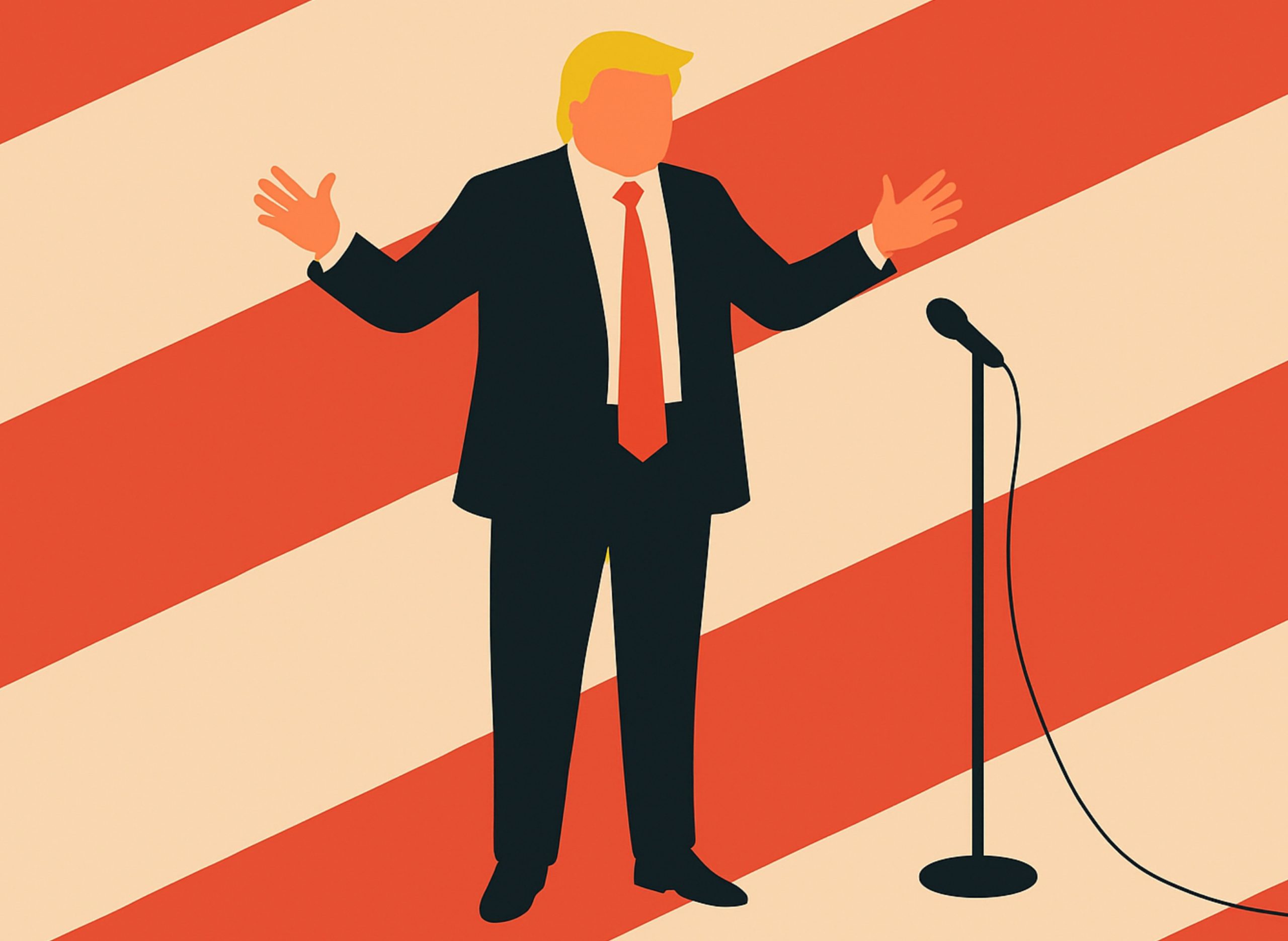
Trump’s America and the End of Global Trust
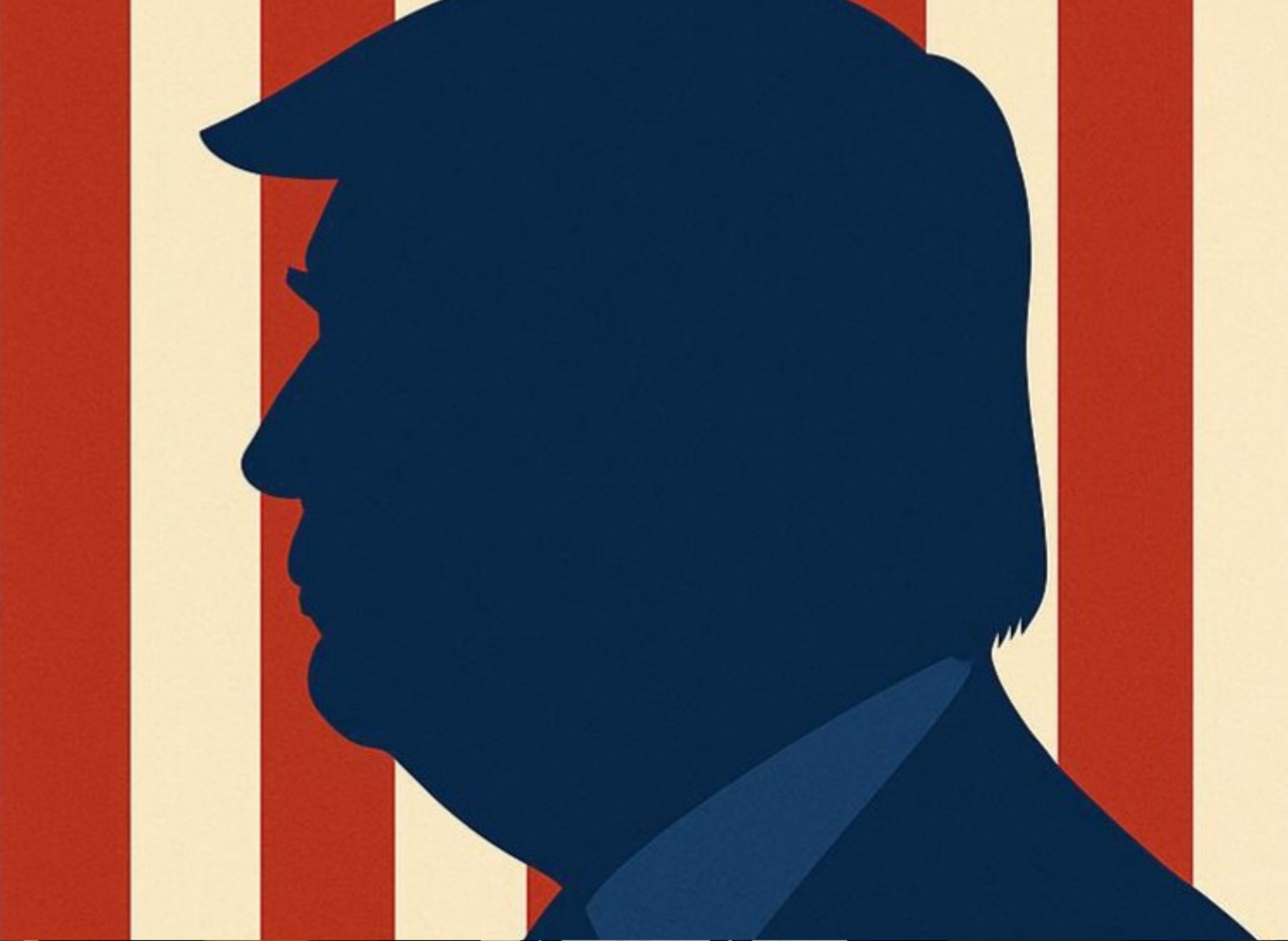
No More Free Rides in a Transactional World
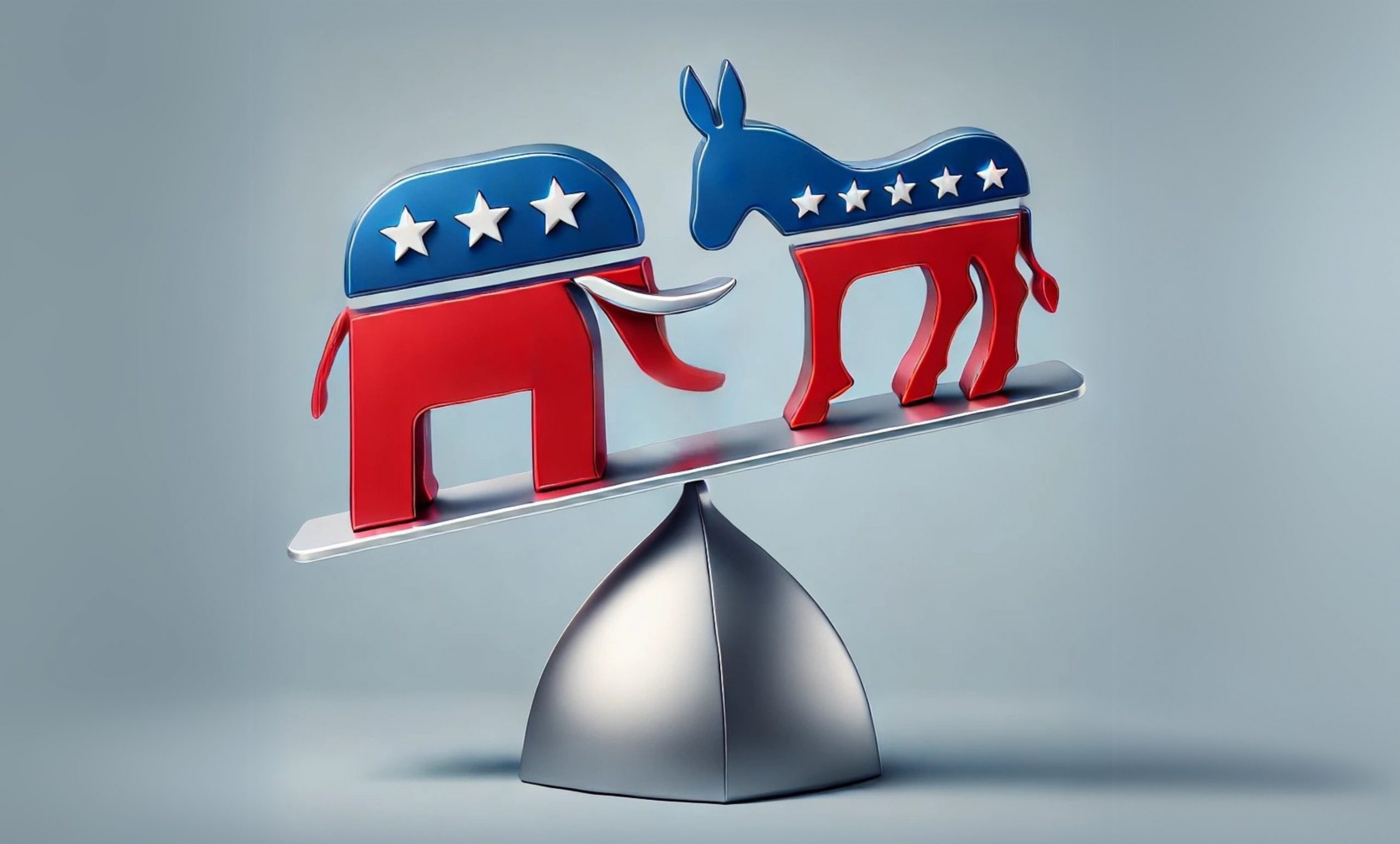
Conflicting Approaches in Global Strategy
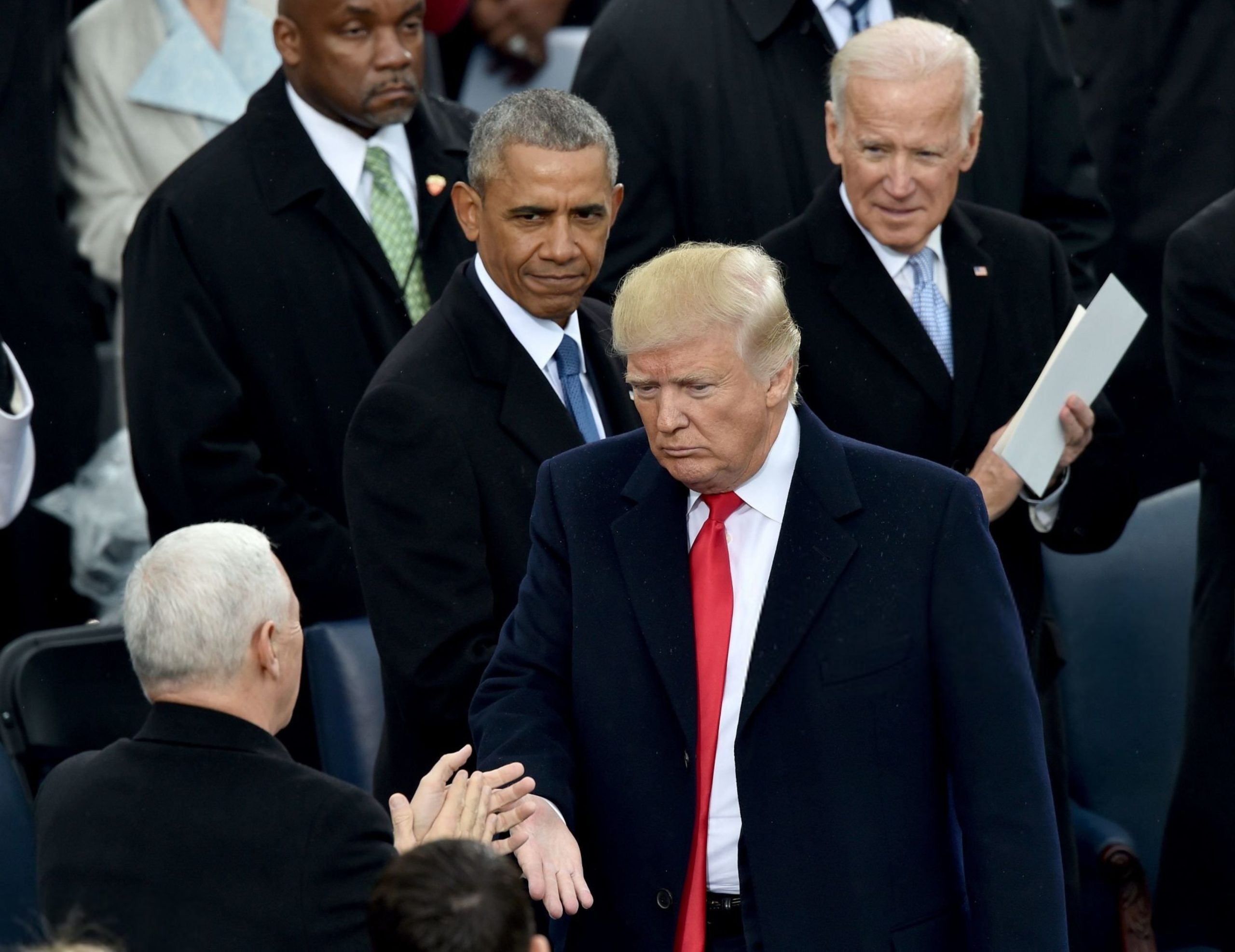
From Obama and Trump to Biden

U.S. leadership must preserve its ideals, reshaping through collaboration and adaptability in a multipolar world.
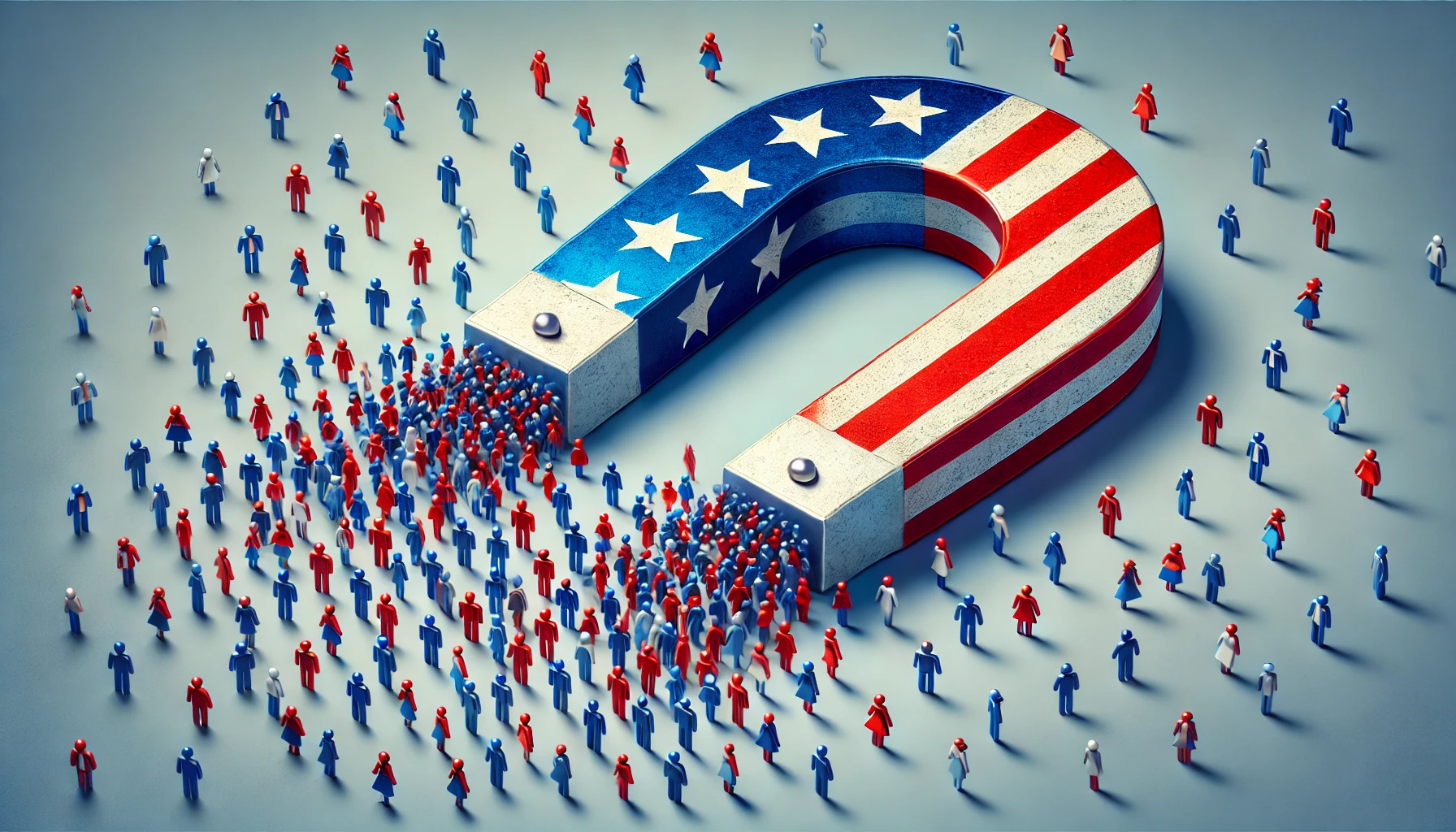
American foreign policy cycles between predictability and unpredictability, challenging global trust and alliances.
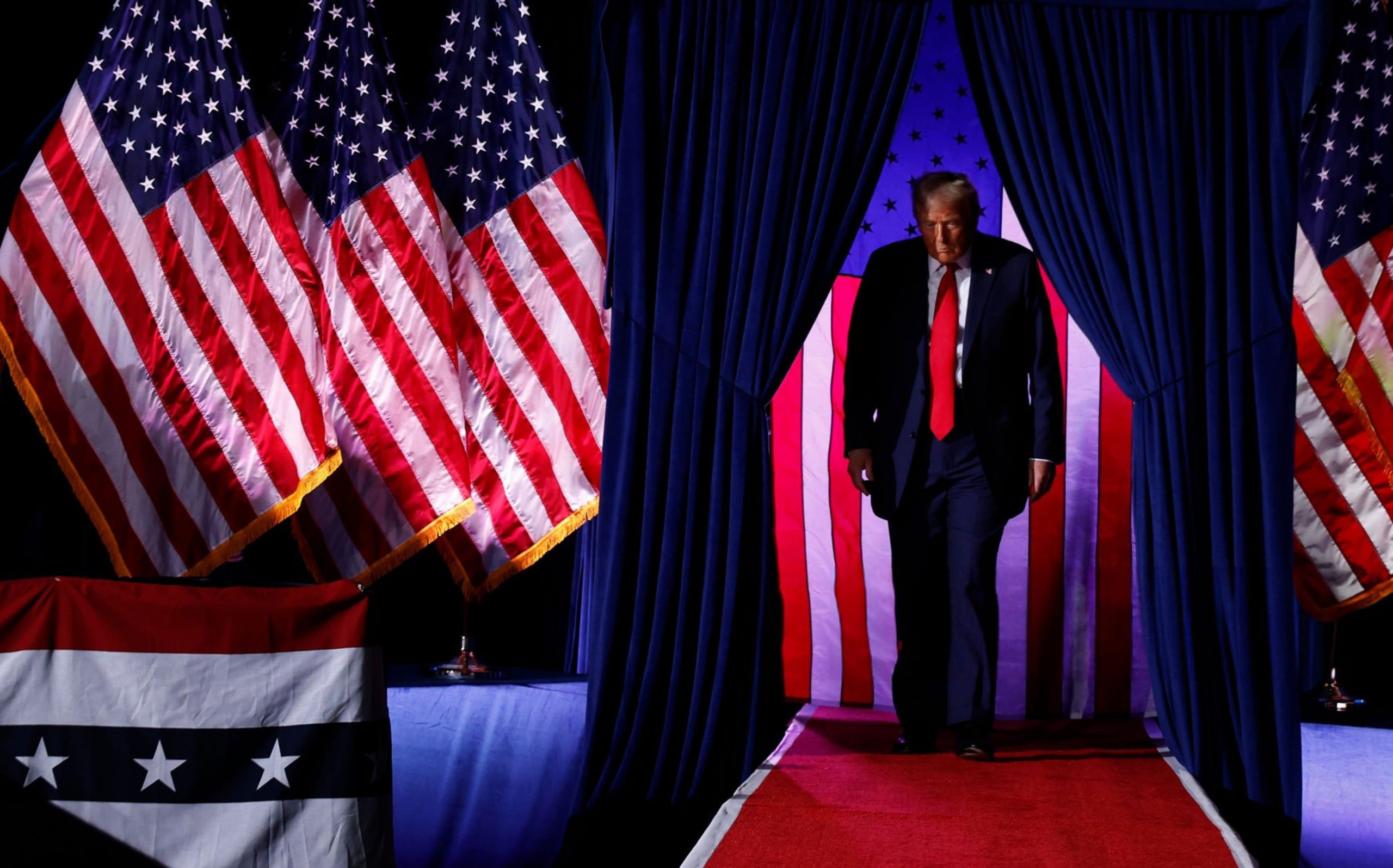
America faces political turmoil, Democratic struggles, and Trump’s potential dynasty, sparking debates and creative discourse.
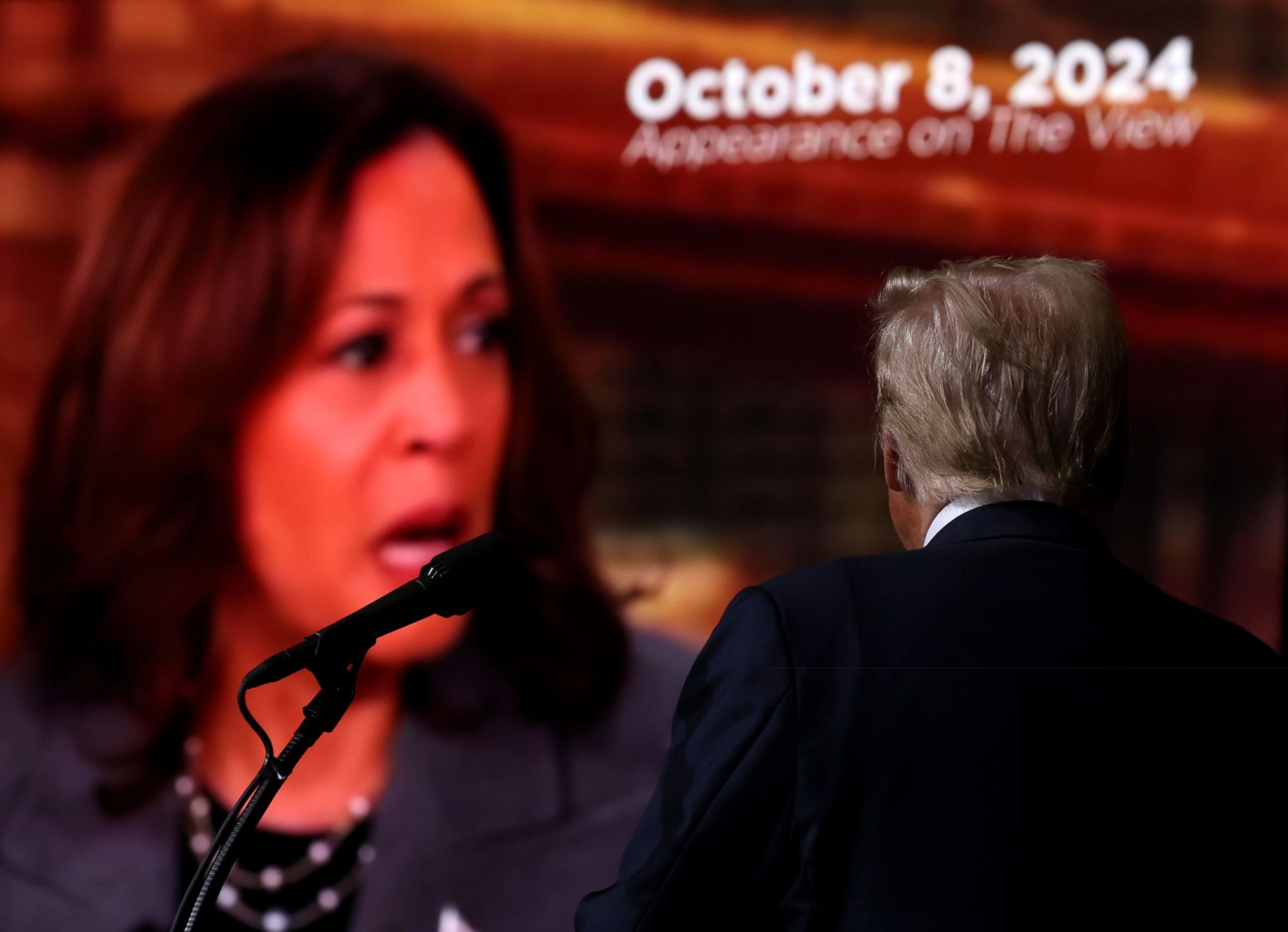
Election 2024 lacks meaningful change; candidates offer rhetoric, not solutions for Americans.
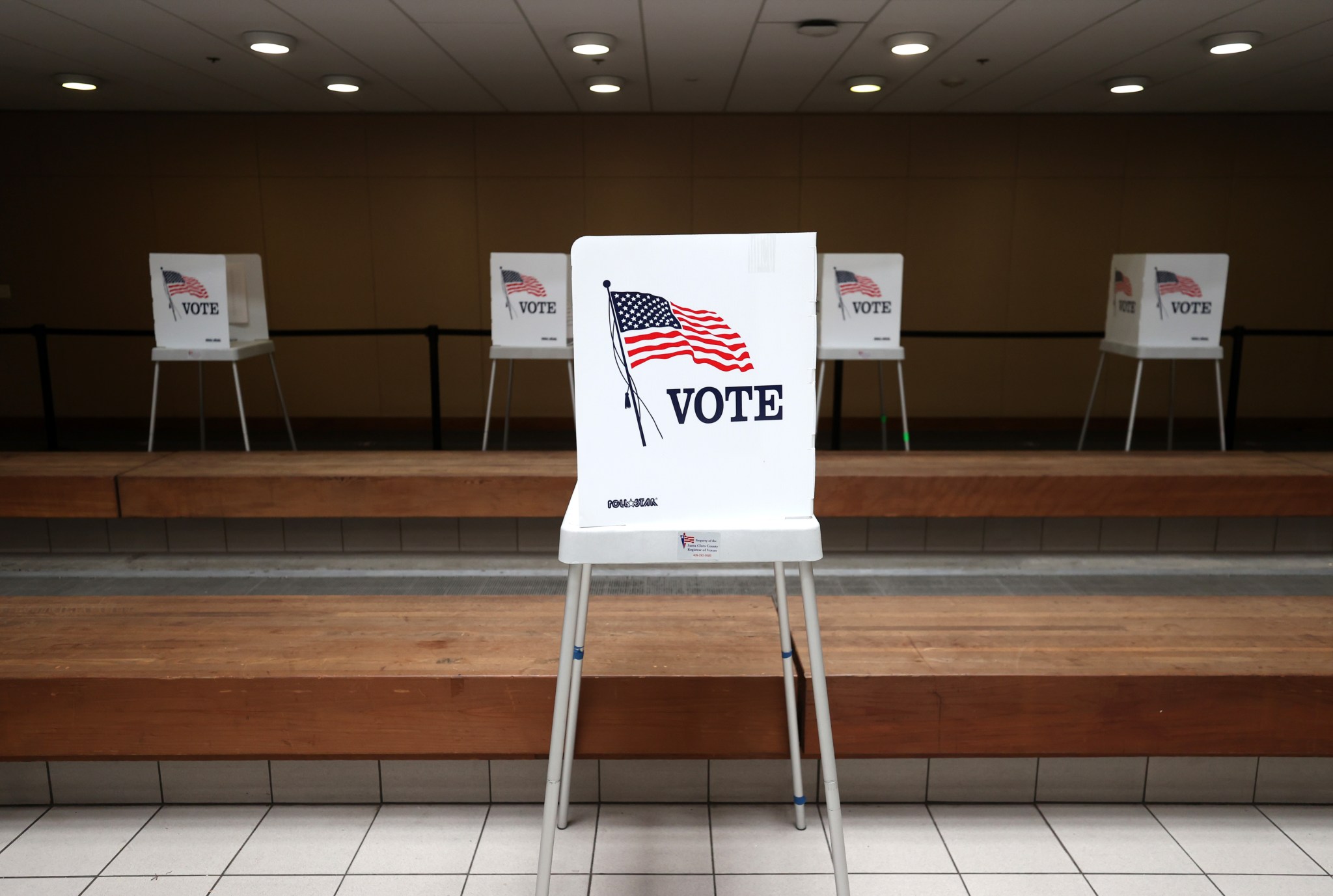
The U.S. elections have turned into a sports-like fan culture. Harris and Trump compete in a nonstop campaign mode.

The U.S.-China rivalry signals a looming showdown, upending global power dynamics across economic and military spheres.

A second Trump presidency could radically alter U.S. foreign policy, prioritize national sovereignty, disrupt alliances, and challenge the liberal international order. What will the future hold?
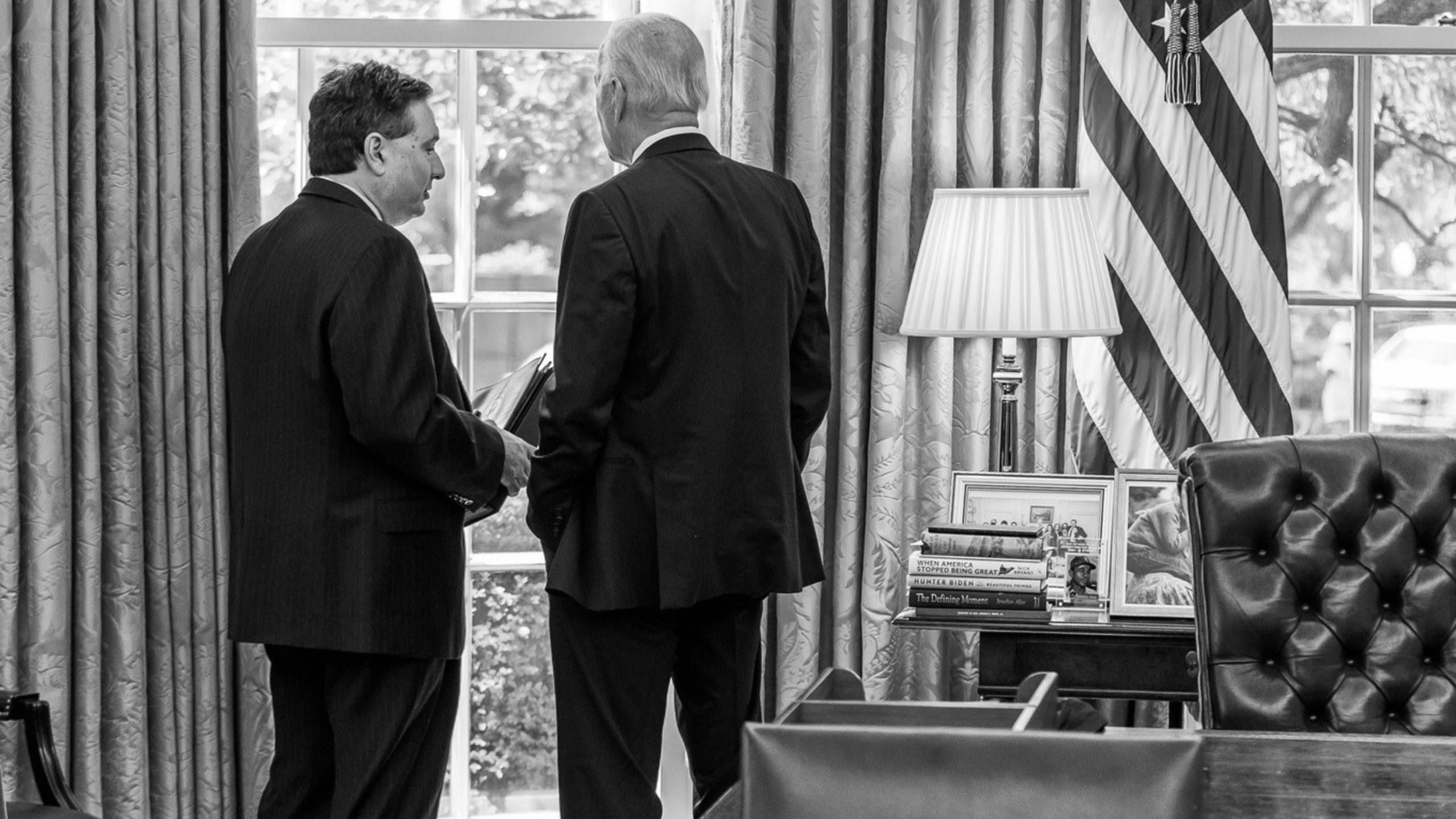
With Biden’s unexpected decision, the election race has suddenly shifted. Kamala Harris emerges as the new Democratic candidate, and the party faces a challenging election ahead.
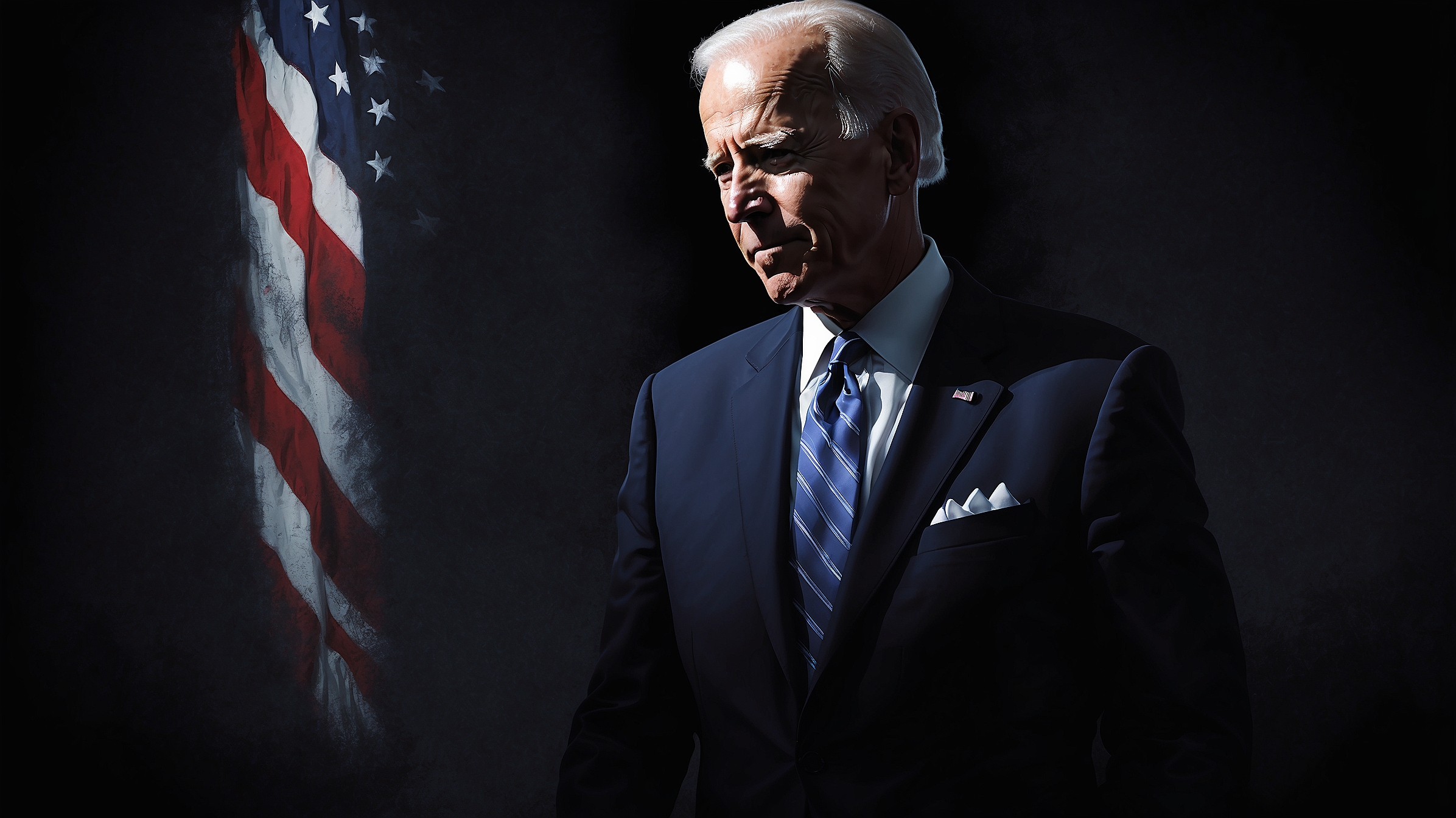
Biden’s presidency saw major domestic accomplishments, such as economic growth and infrastructure reform, but was overshadowed by foreign policy challenges, like Afghanistan’s withdrawal and Middle Eastern conflicts.

In November, U.S. voters will choose between resurrecting the “America First” doctrine or maintaining a foreign policy based on alliances and multilateralism.
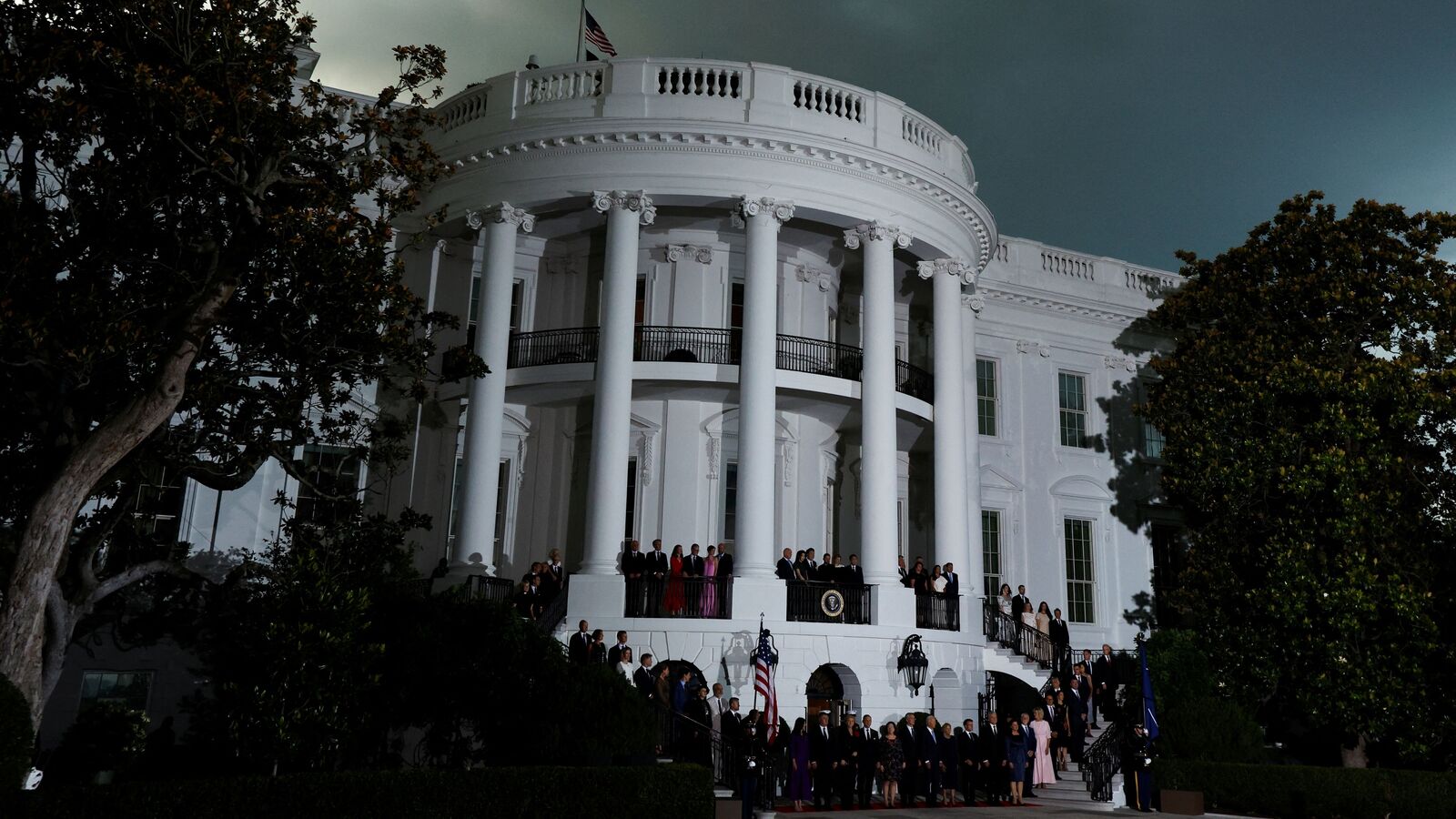
From Bush’s assertive tactics to Obama’s strategic restraint, delve into how U.S. foreign policy shapes global dynamics amid evolving power structures and international challenges.

From the Declaration of Independence to today, America’s core values have shaped its foreign policy, balancing cultural ideals with practical strategies on the global stage.
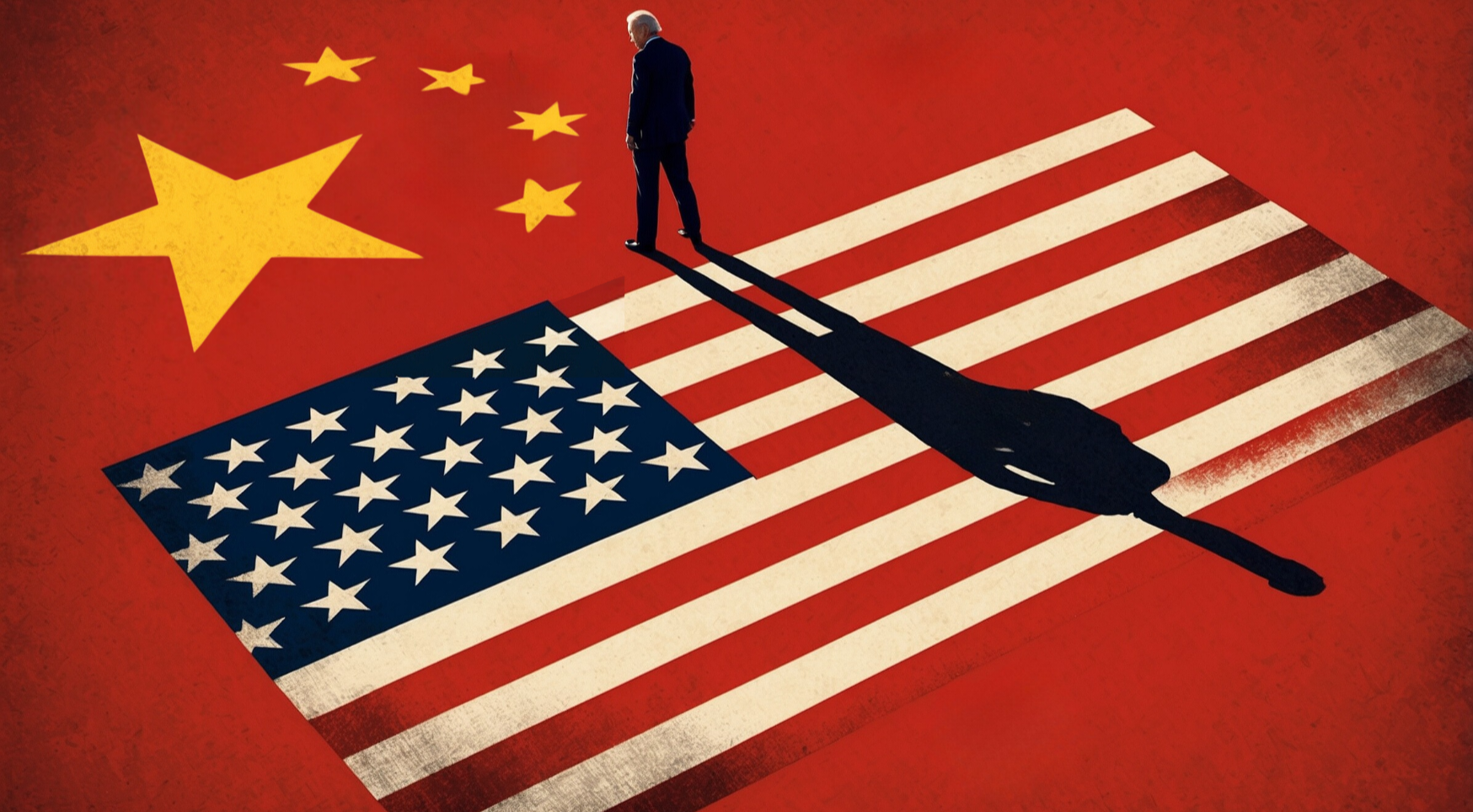
Endorsing a robust U.S. strategy, Biden focuses on strengthening alliances, fostering innovation, and enhancing global leadership, setting a comprehensive approach to address the challenges and opportunities posed by China’s rise.
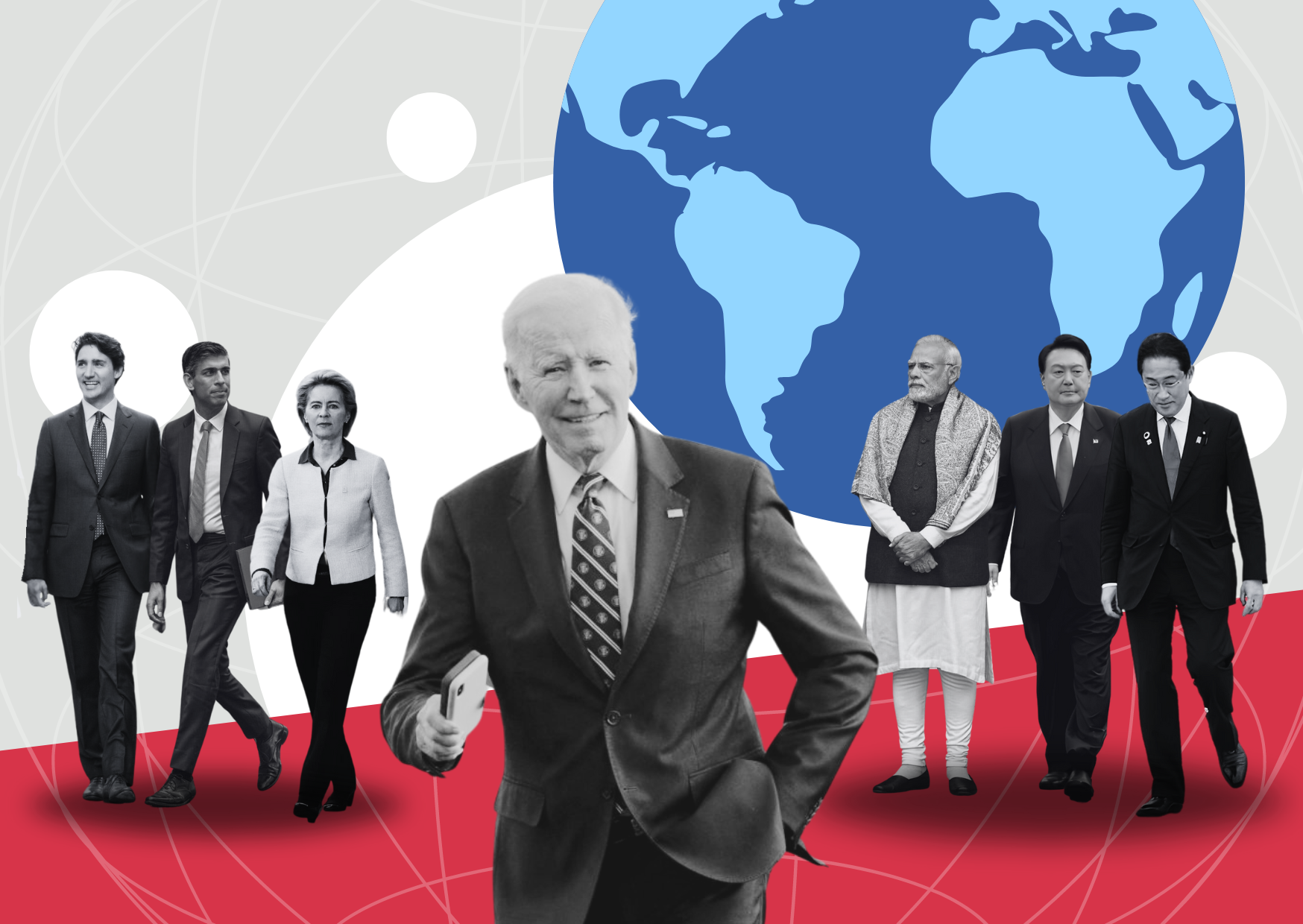
The United States remains the sole global superpower, leveraging strong alliances, effective foreign policy, cultural appeal, and military dominance. Despite China’s economic challenges, it fails to compete in these areas, keeping America firmly in the lead.
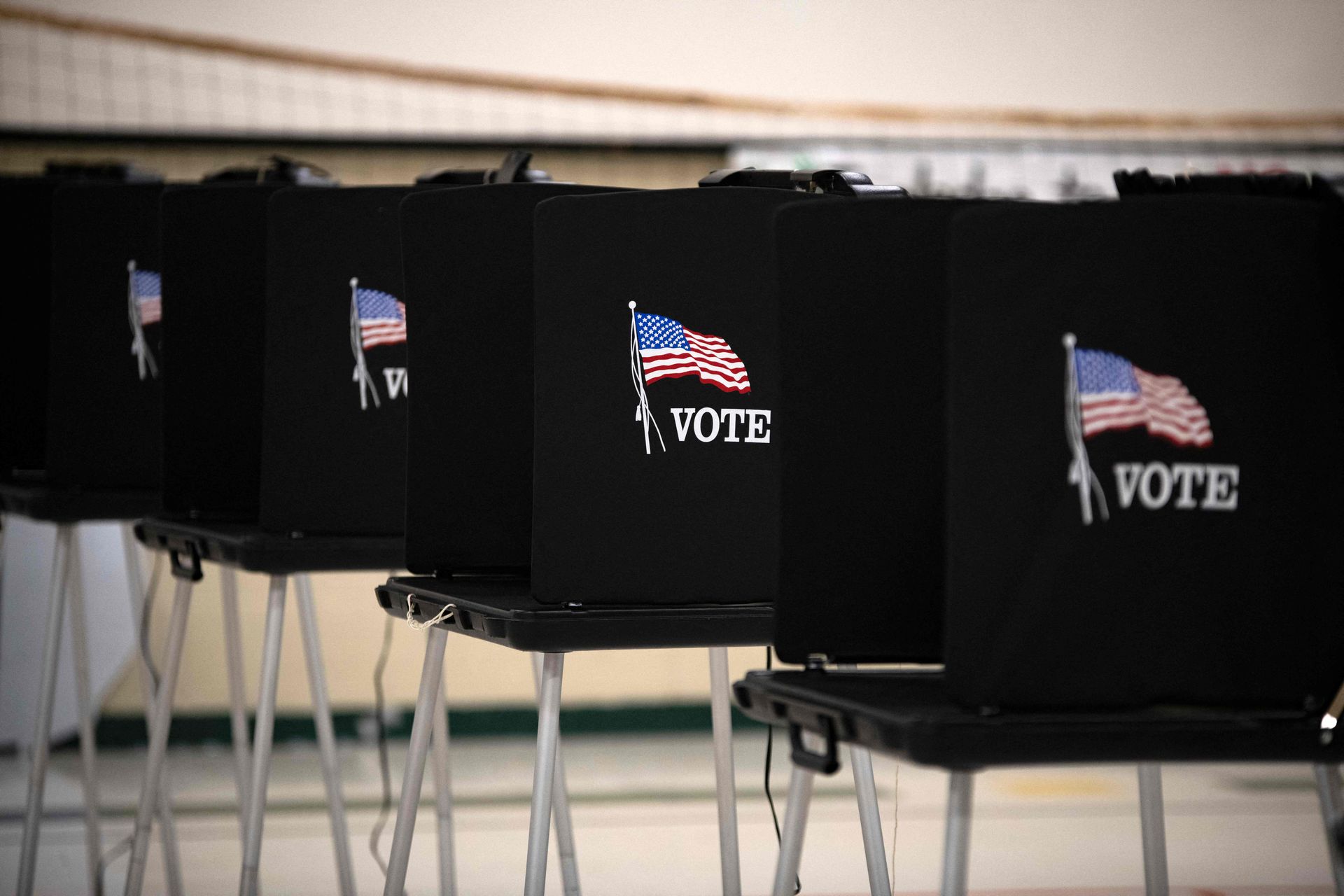
Re-Evaluating the American litmus test when both political parties disagree with voters.

H.W. Brands’ article delves into Walter Russell Mead’s “Four Schoolmasters” framework, where Hamiltonian, Jeffersonian, Jacksonian, and Wilsonian ideals shape U.S. foreign policy.

During a crucial state visit in Washington D.C., President Biden and Prime Minister Kishida of Japan discuss military, AI, and educational partnerships, reinforcing the robust U.S.-Japan alliance.
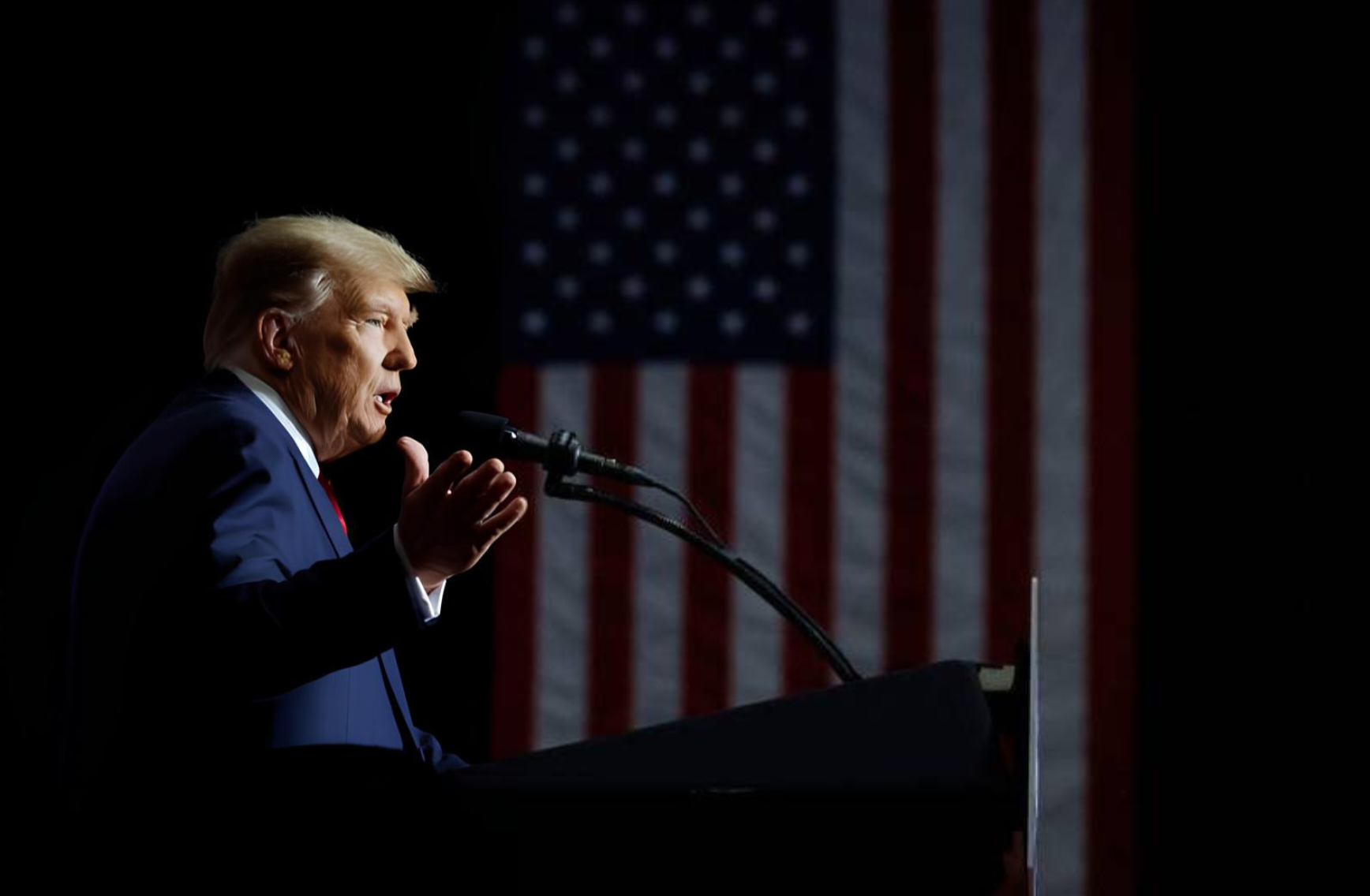
Here’s why Trump should not give up constructive engagement and inclusivity while pursuing peace through strength.

“By this treaty, we are not only seeking to establish freedom from aggression and from the use of force in the North Atlantic community, but we are also actively striving to promote and preserve peace throughout the world.
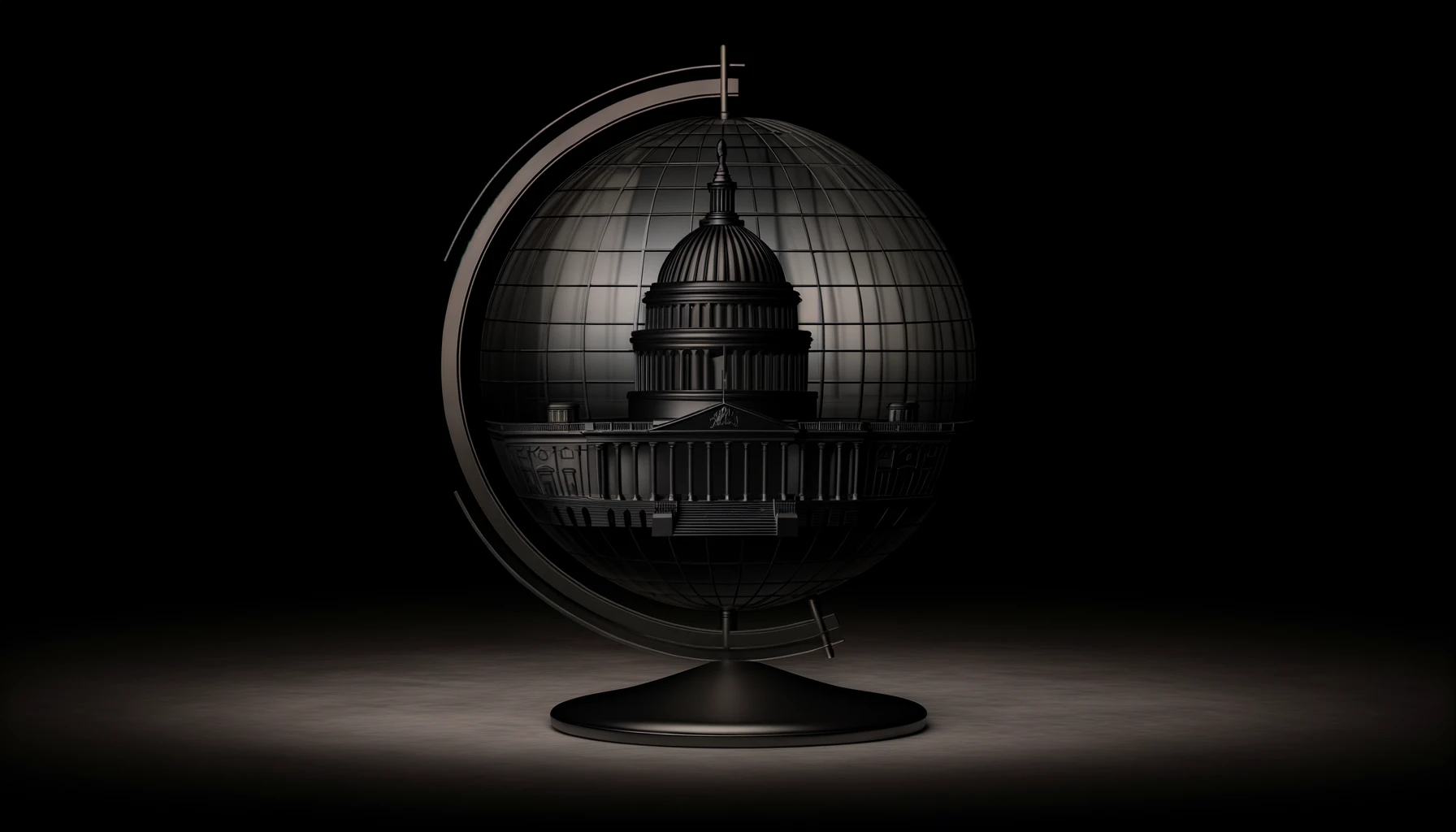
As we stand at the crossroads of history, witnessing the gradual decline of American hegemony, the emergence of a multipolar world order unfolds before our eyes.
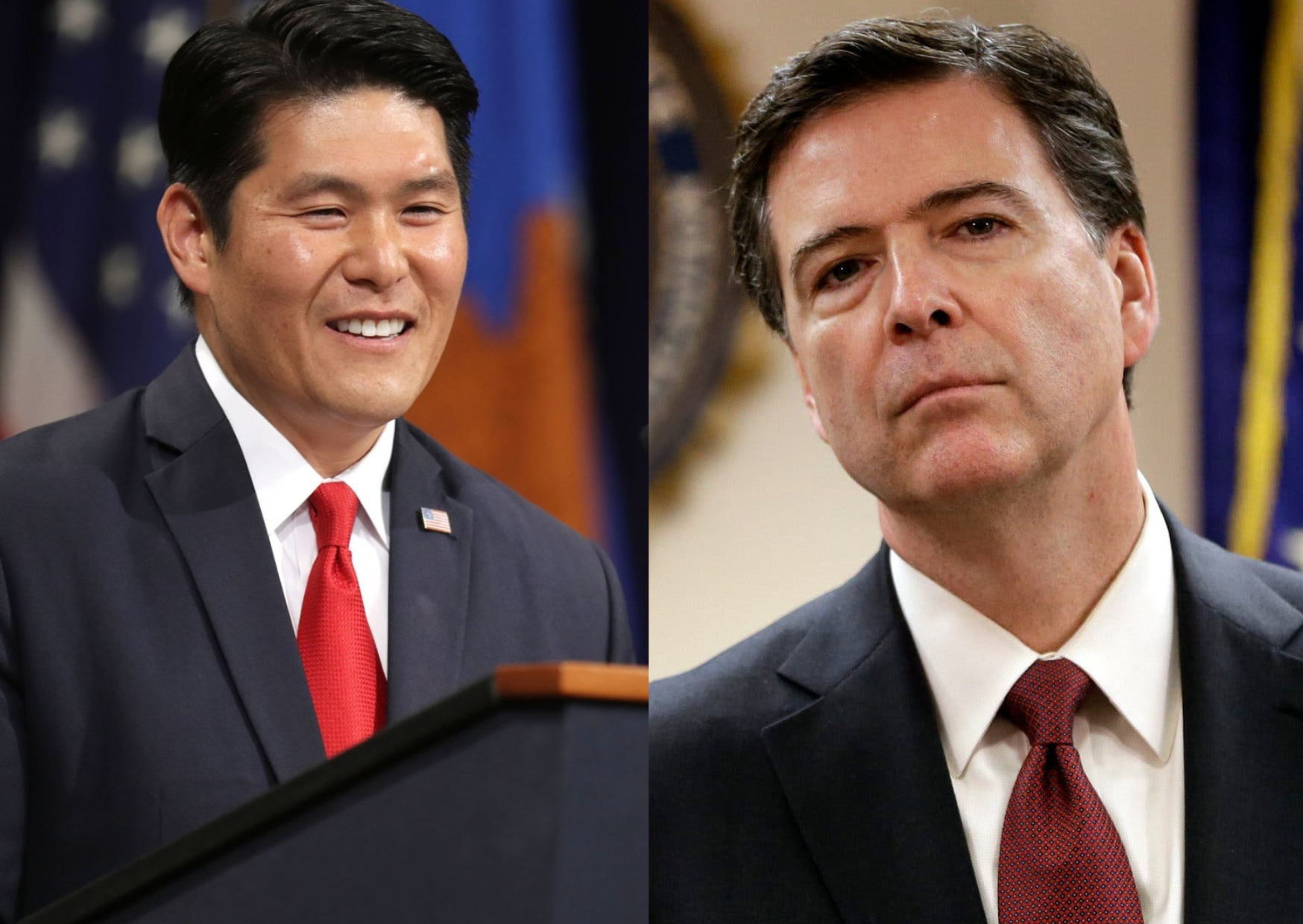
In the 2024 election, the rematch between Biden and Trump, amidst high-profile endorsements and ongoing legal inquiries, reflects the complexities of the political landscape and the challenges within American democracy.
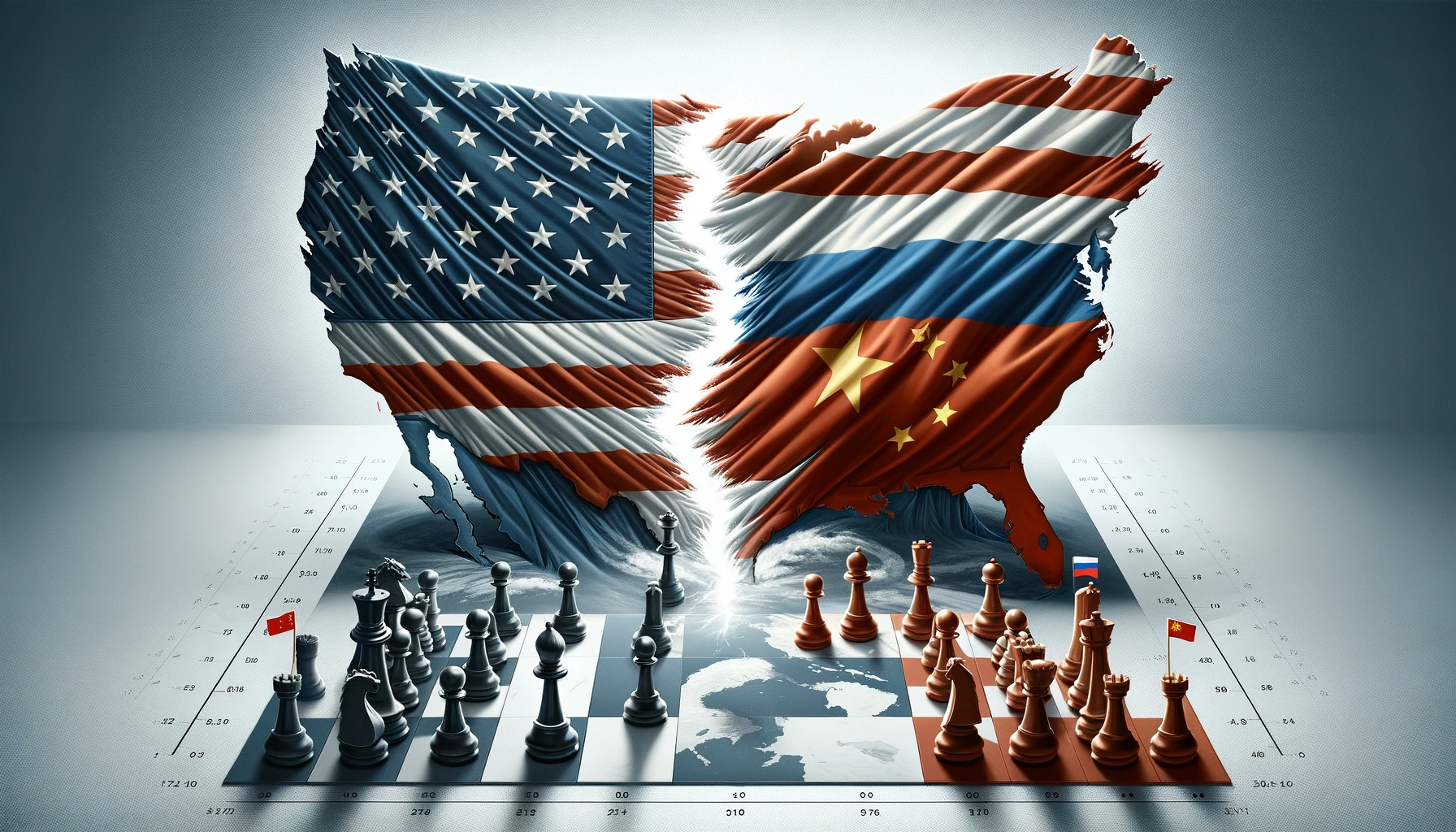
Facing the escalating threat from China, it is crucial for the U.S. to reassess its security commitments to Ukraine and make a strategic pivot to Asia, a move vital for protecting the liberal order and defending democratic values.
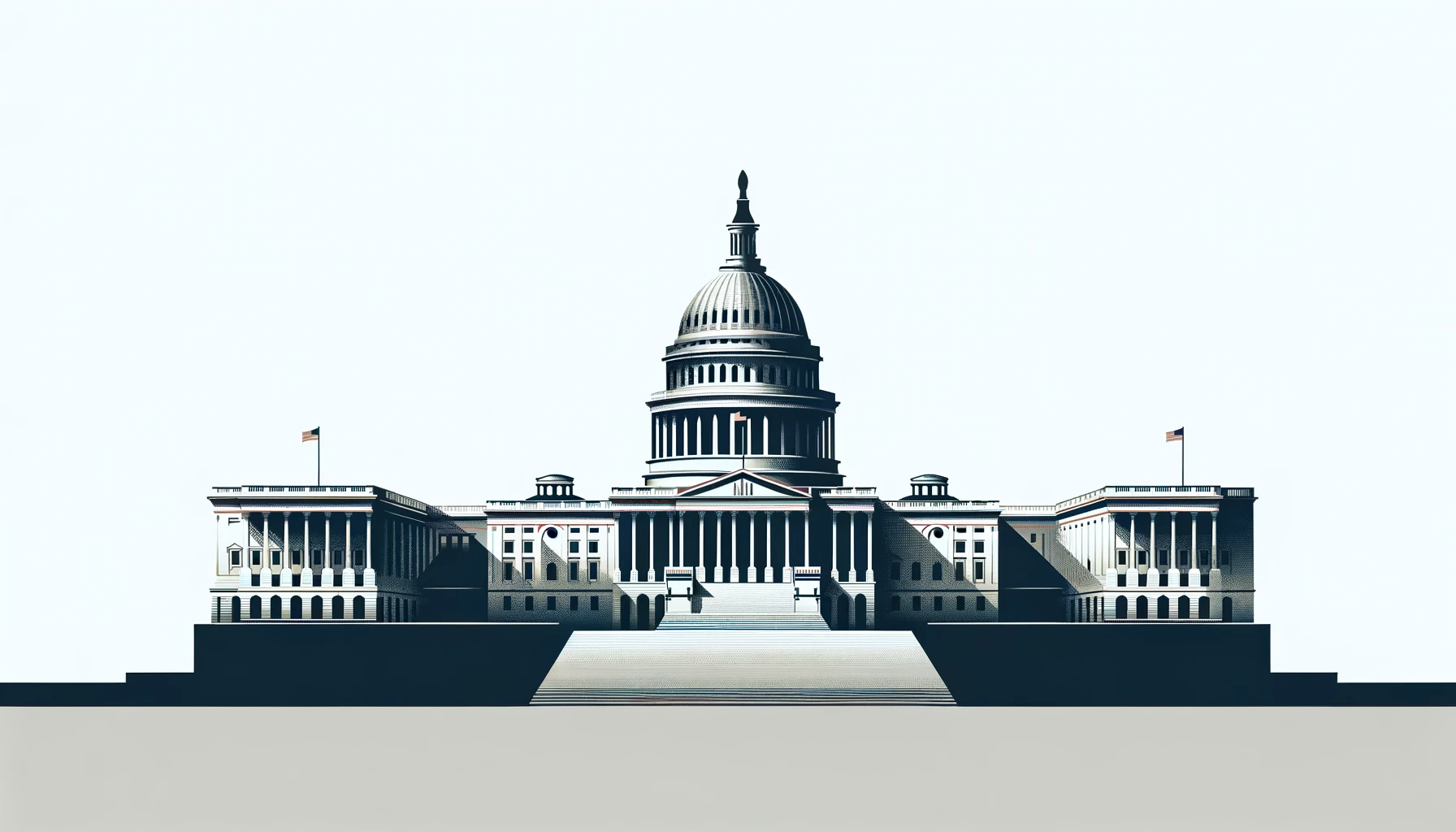
Focusing on diplomatic solutions and multilateral collaborations over military interventions in its foreign policy will enable the White House to achieve better outcomes.
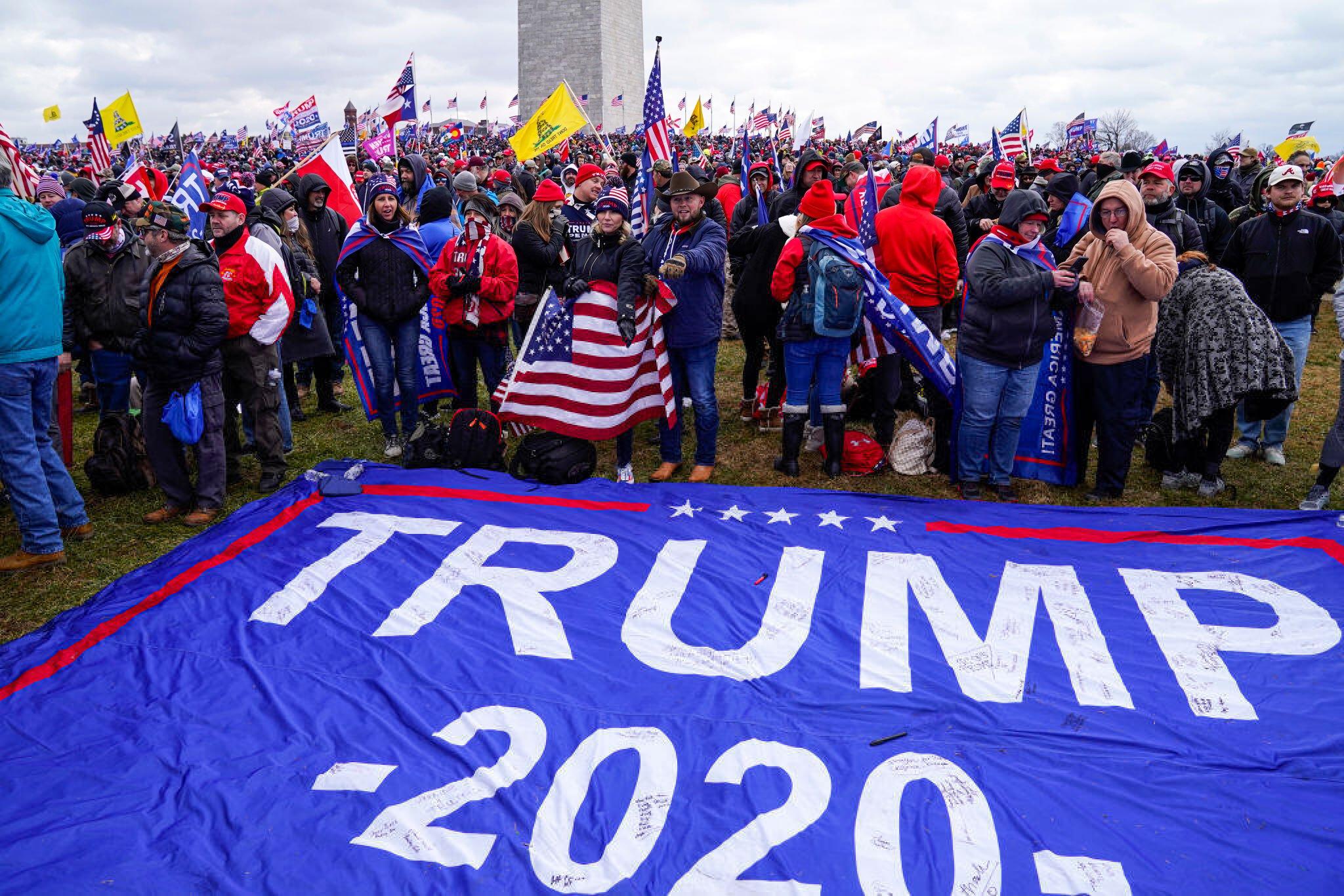
As the 2024 elections approach, the ages of Biden and Trump, their financial hurdles, and political maneuvers take center stage in a potential rematch, with both sides bracing for a challenging race.
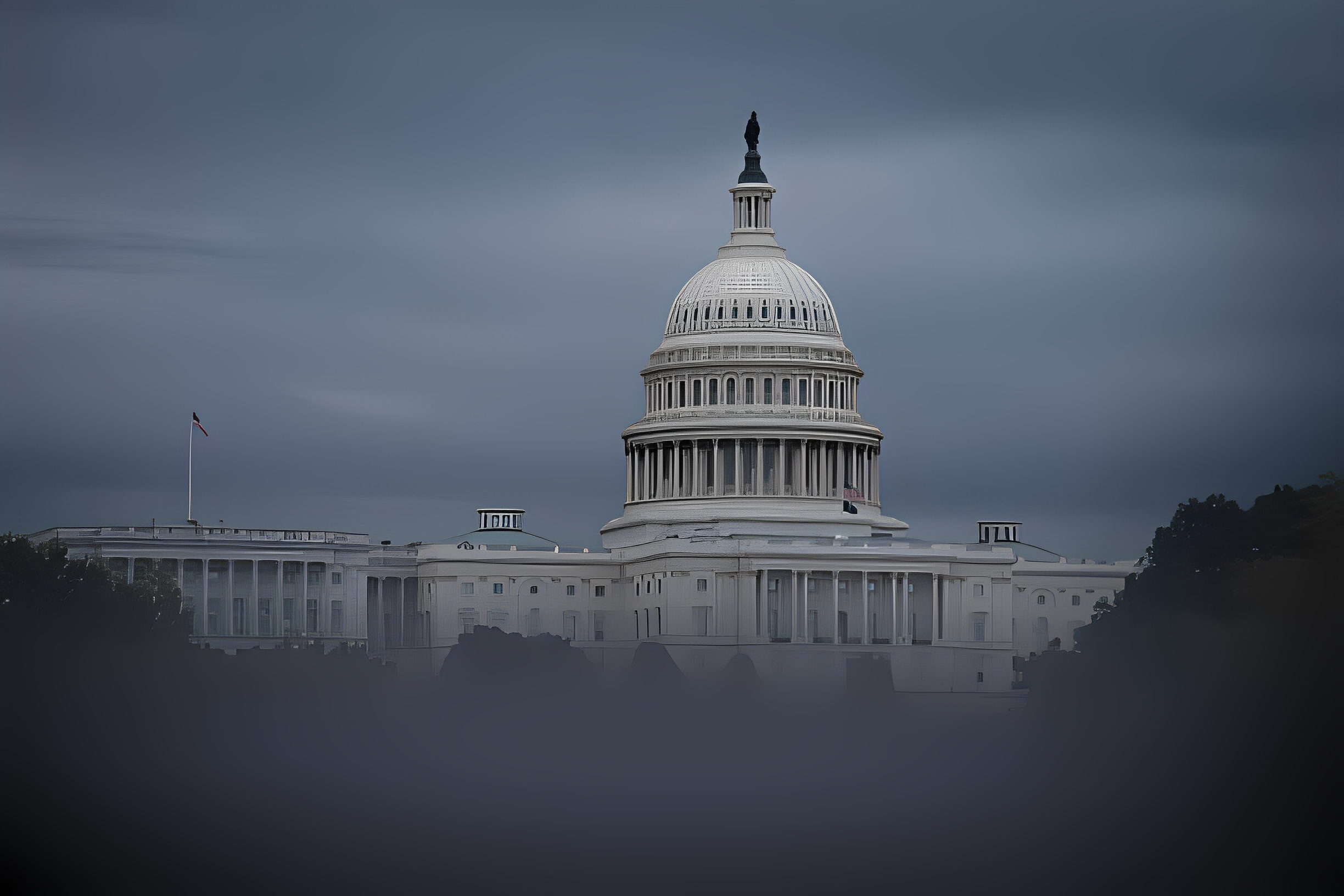
Senate’s early-hour passage of Ukraine aid faces deadlock in the House, showcasing stark U.S. political divides over immigration policy and foreign aid priorities.

Post-New Hampshire primary, Trump’s strong support persists, questioning Haley’s viability. Biden contends with Williamson, Philips, Kennedy Jr, and West, facing potential vote splitting.
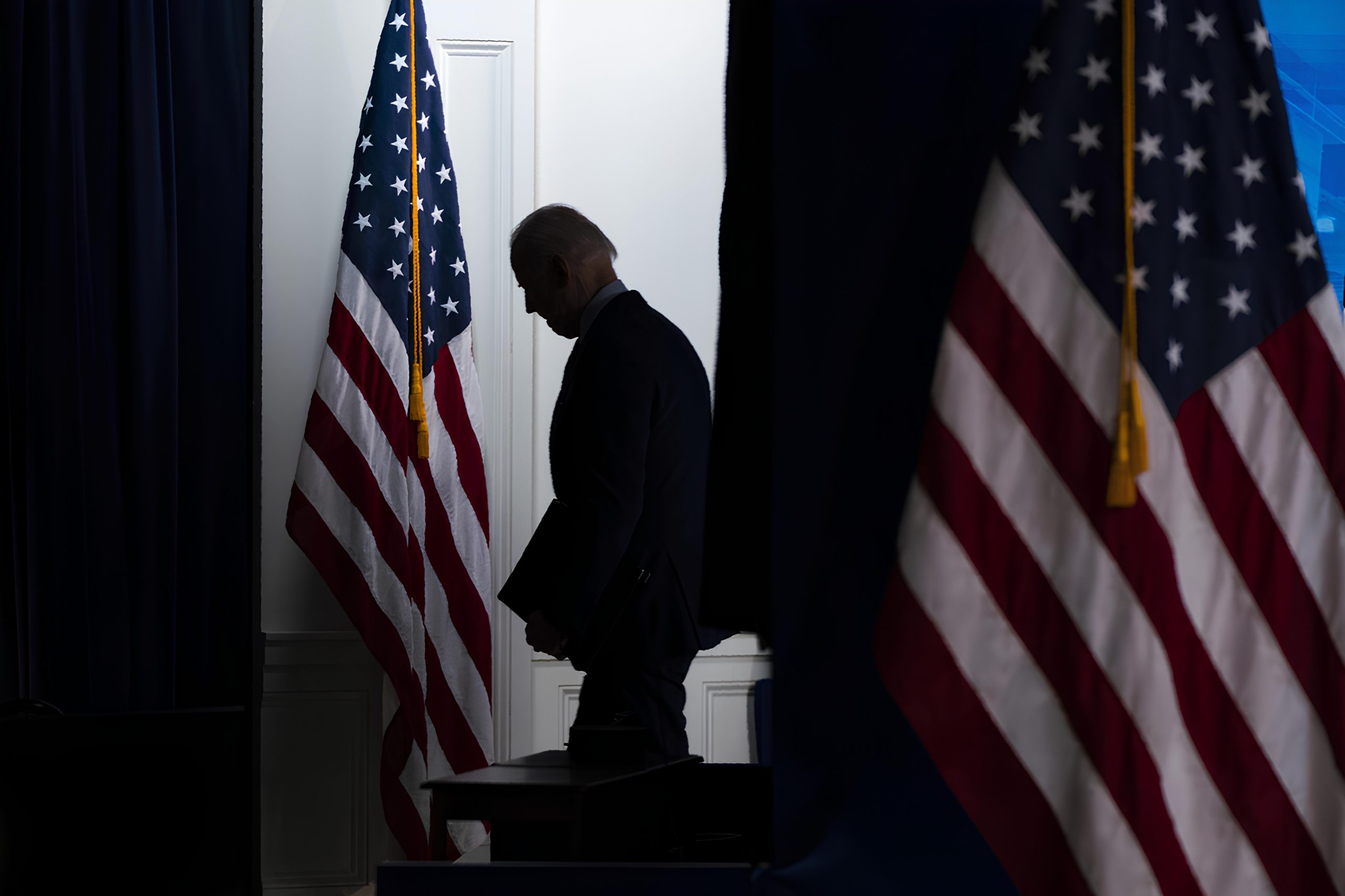
Changing Republican views on immigration and Trump’s influence create uncertainty for Ukraine’s aid, reflecting challenges in securing crucial international support.
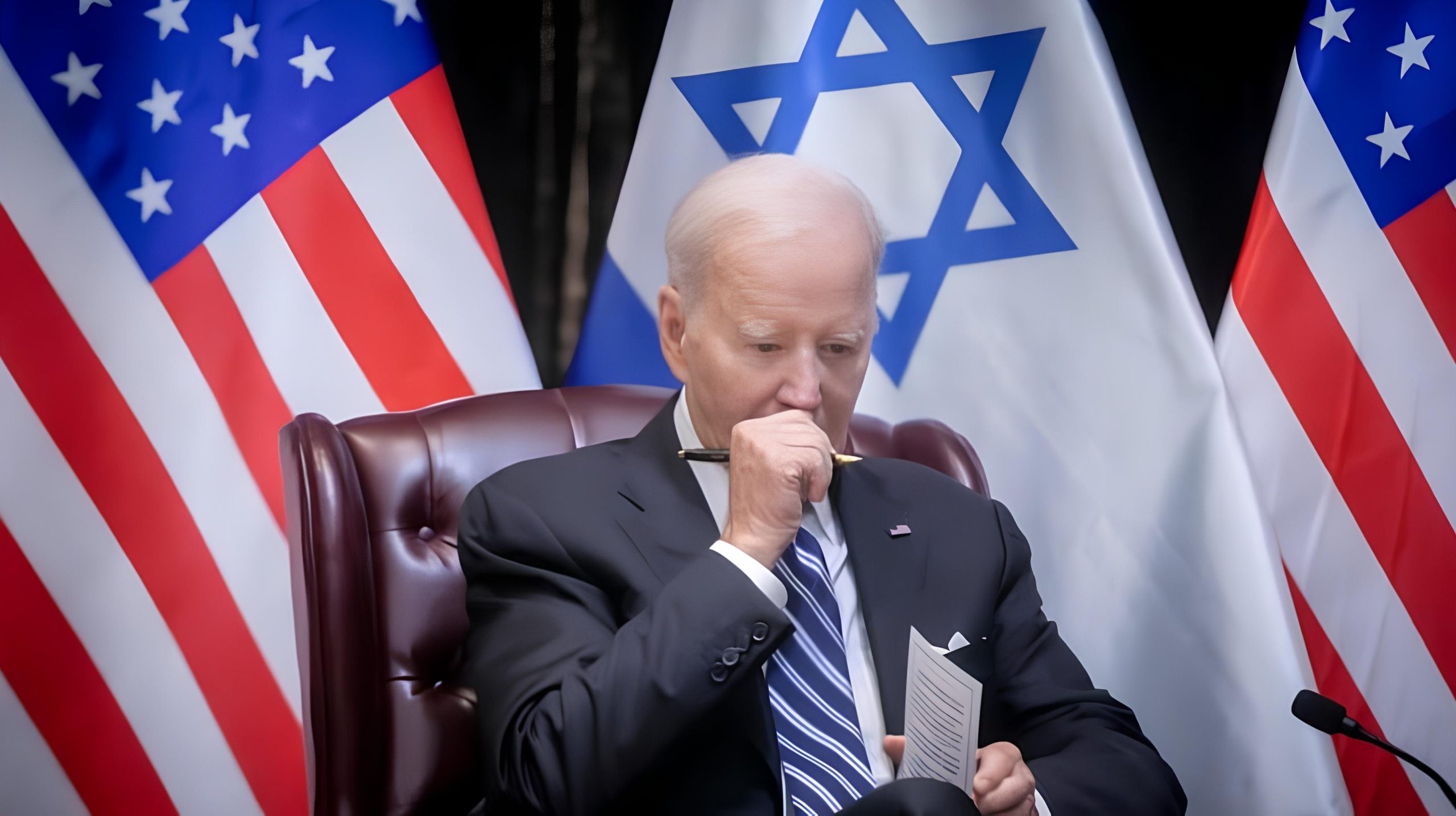
The traditional alliance relationship between the USA and Israel is not as strong as it once was, and the US is indispensable for its global leadership to take into account the growing interest in Palestine.
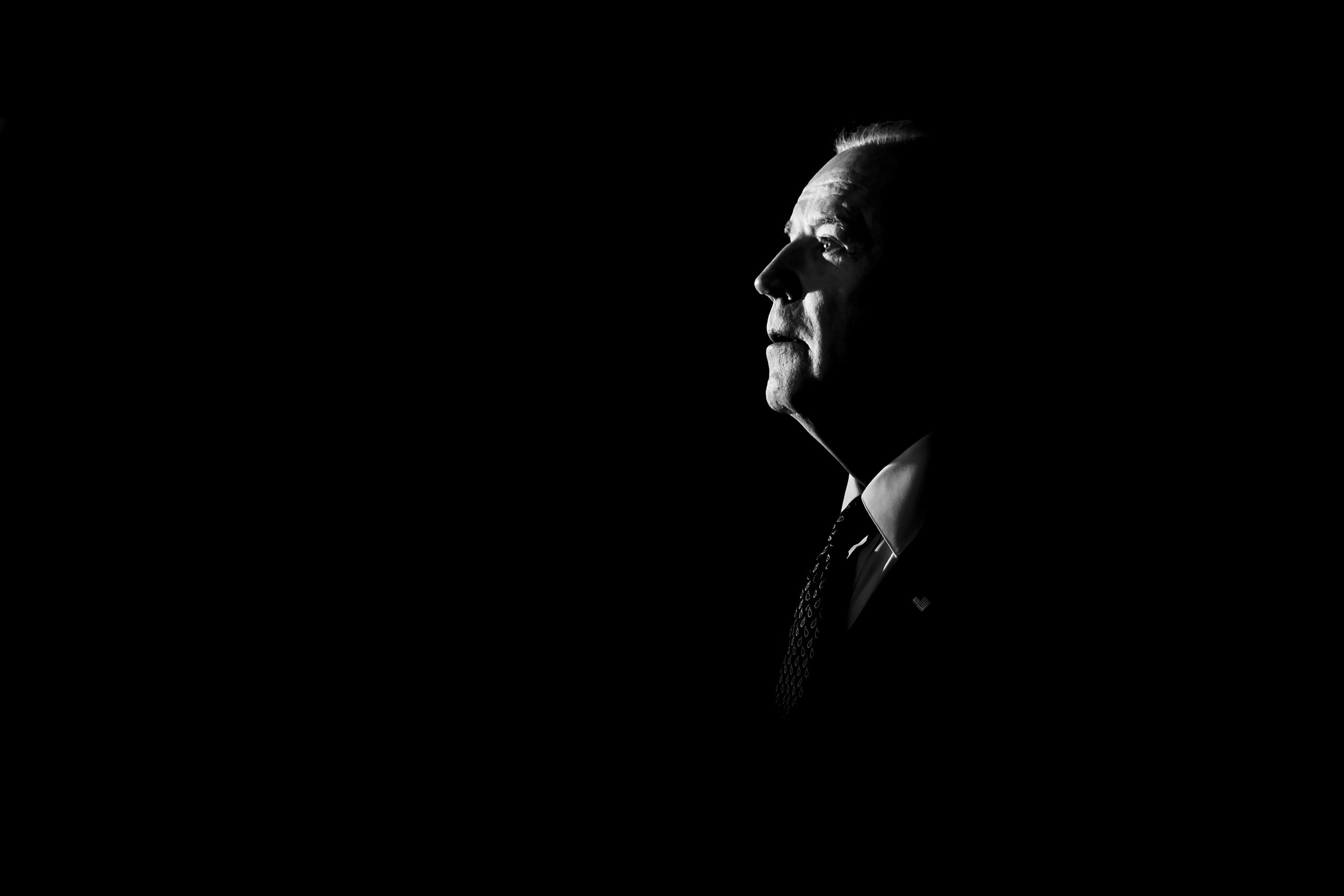
Biden’s America’s foreign policy has evolved from Trump’s unilateralism to multilateralism. Revitalizing the transatlantic world is important, but the United States still faces challenges.